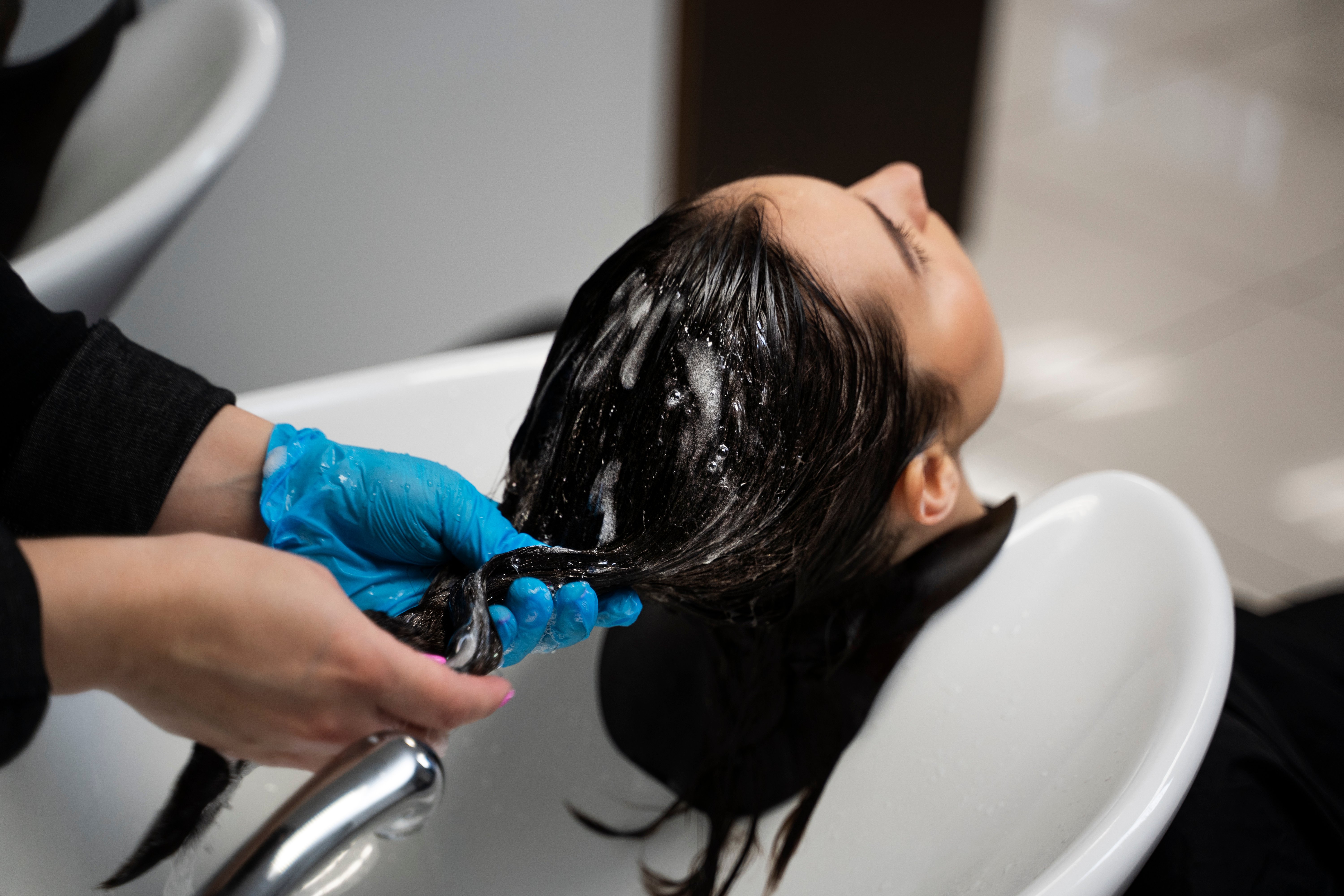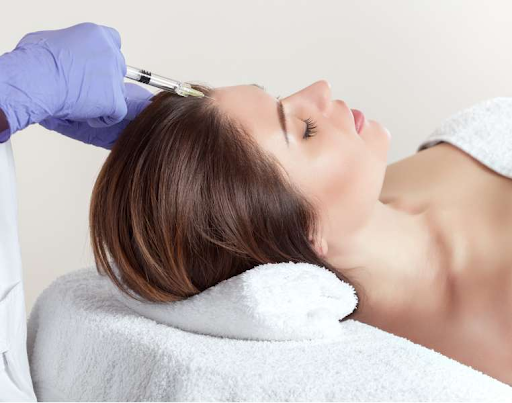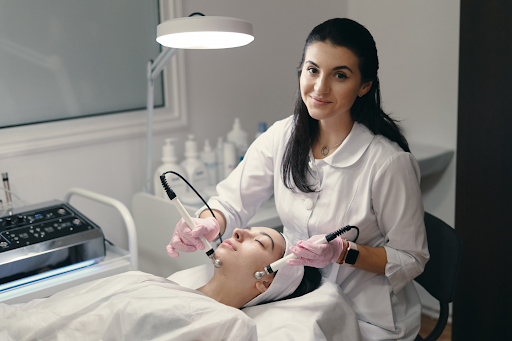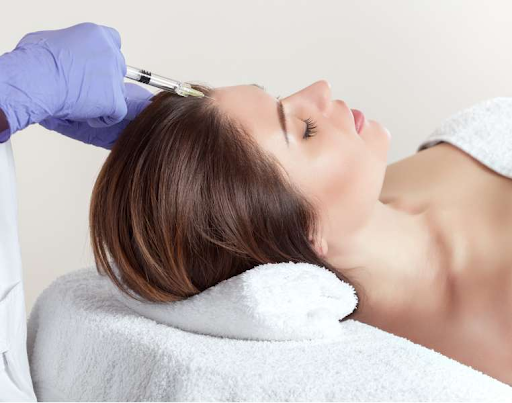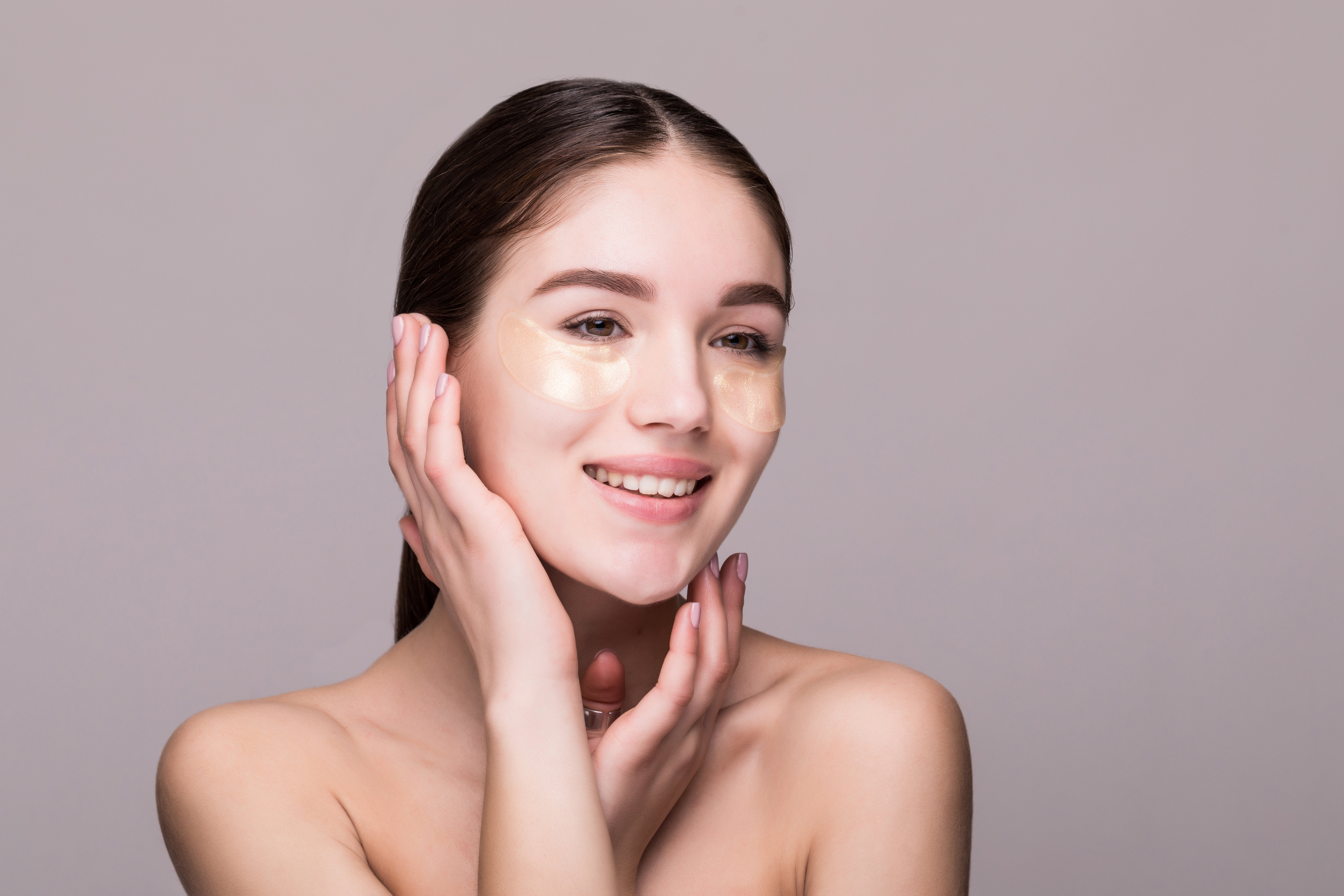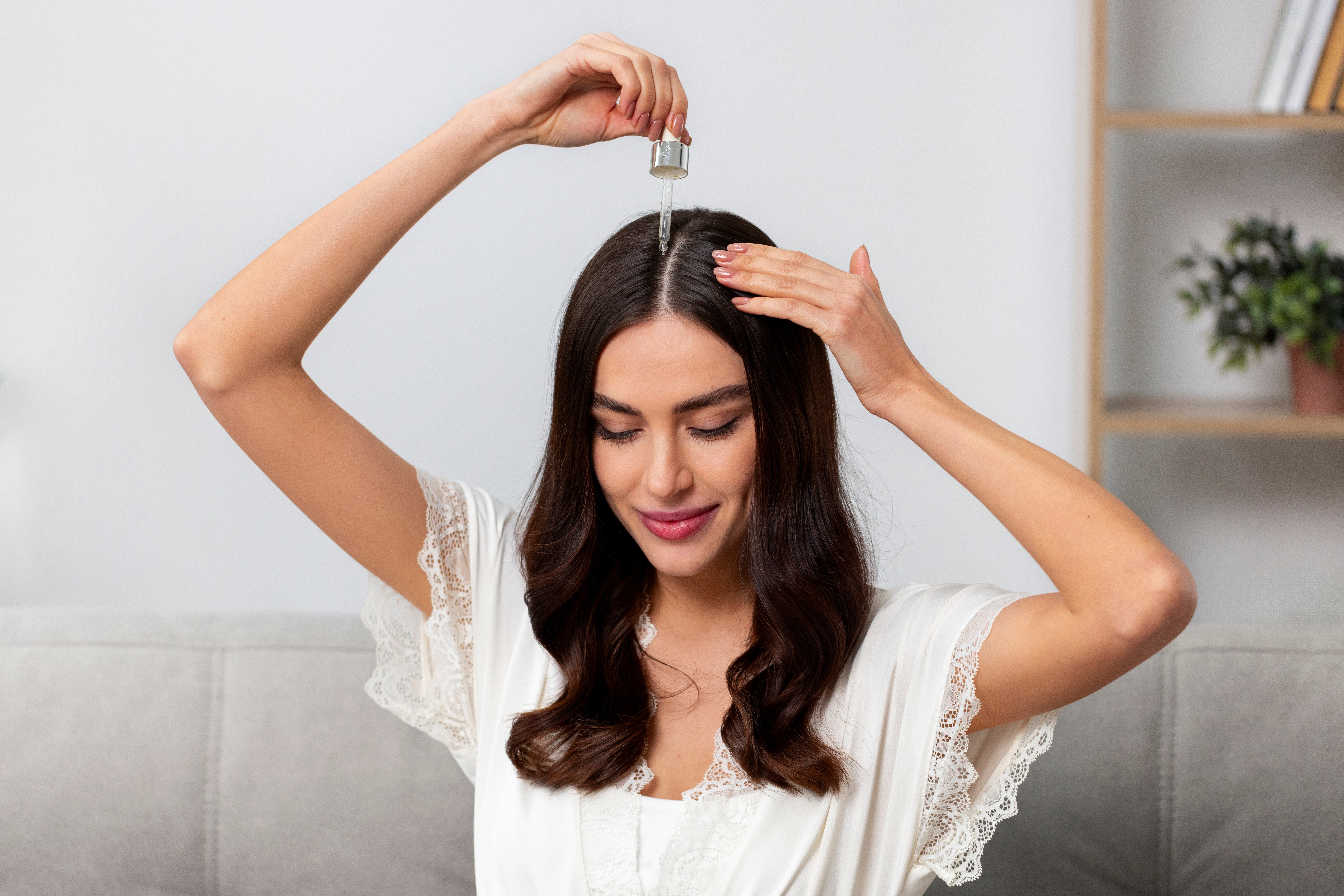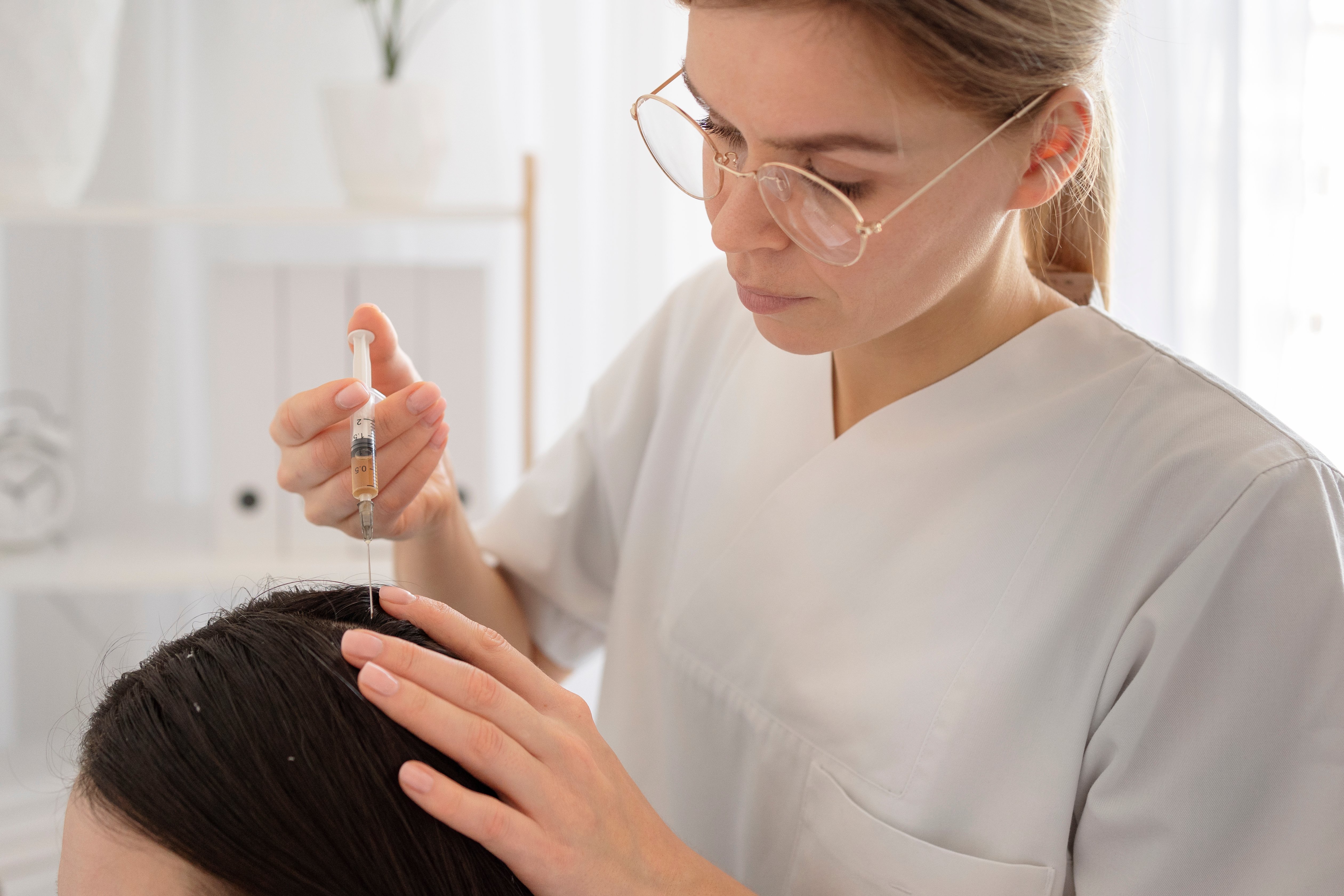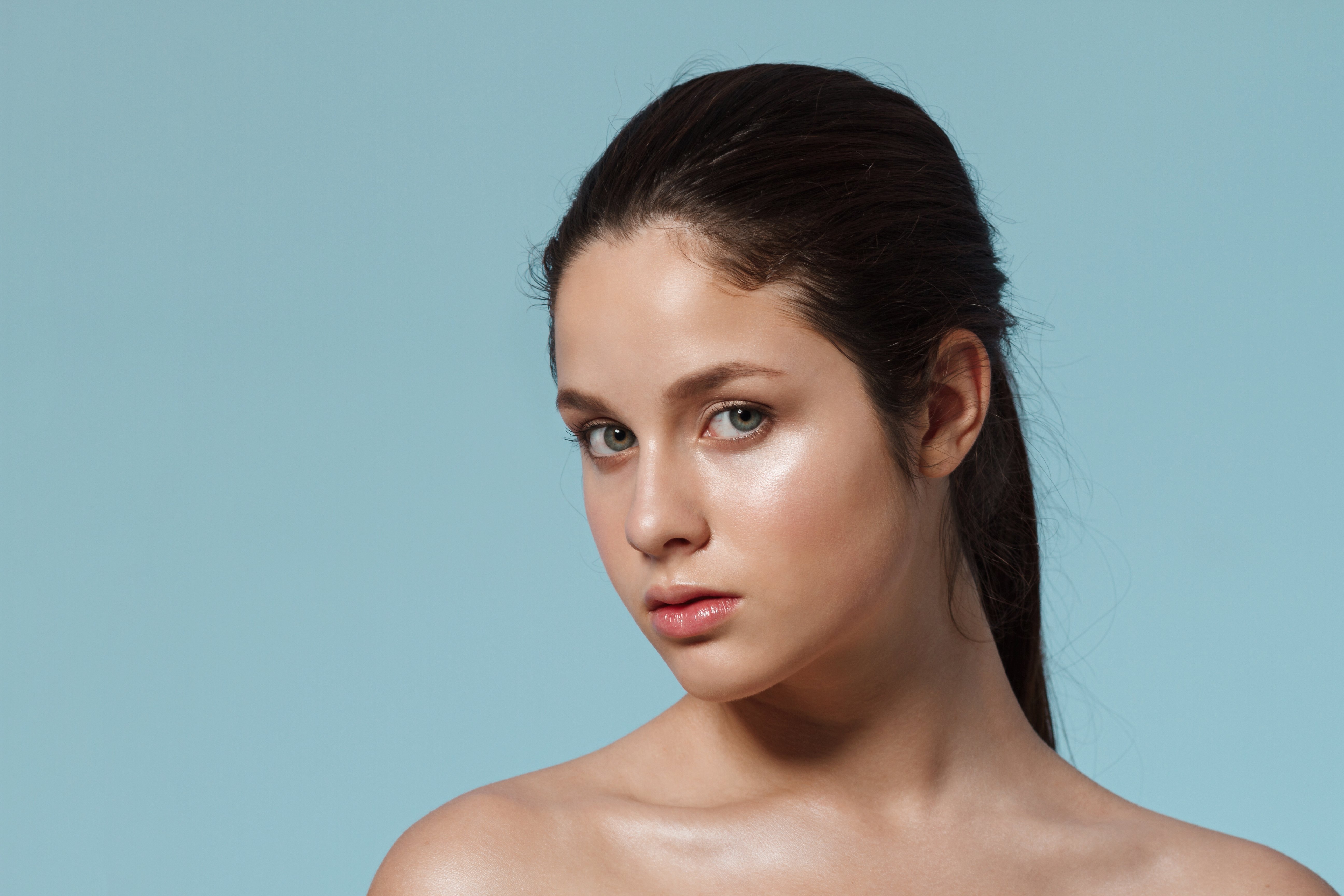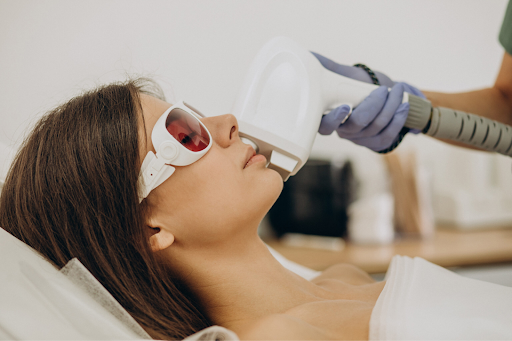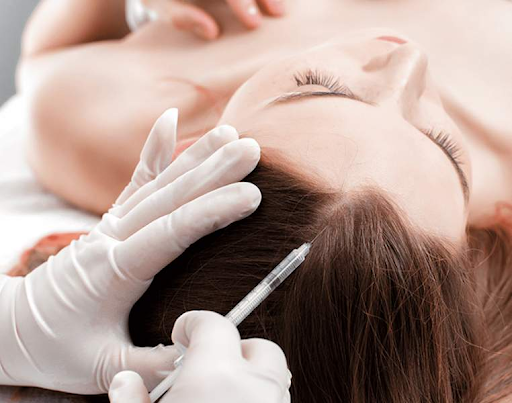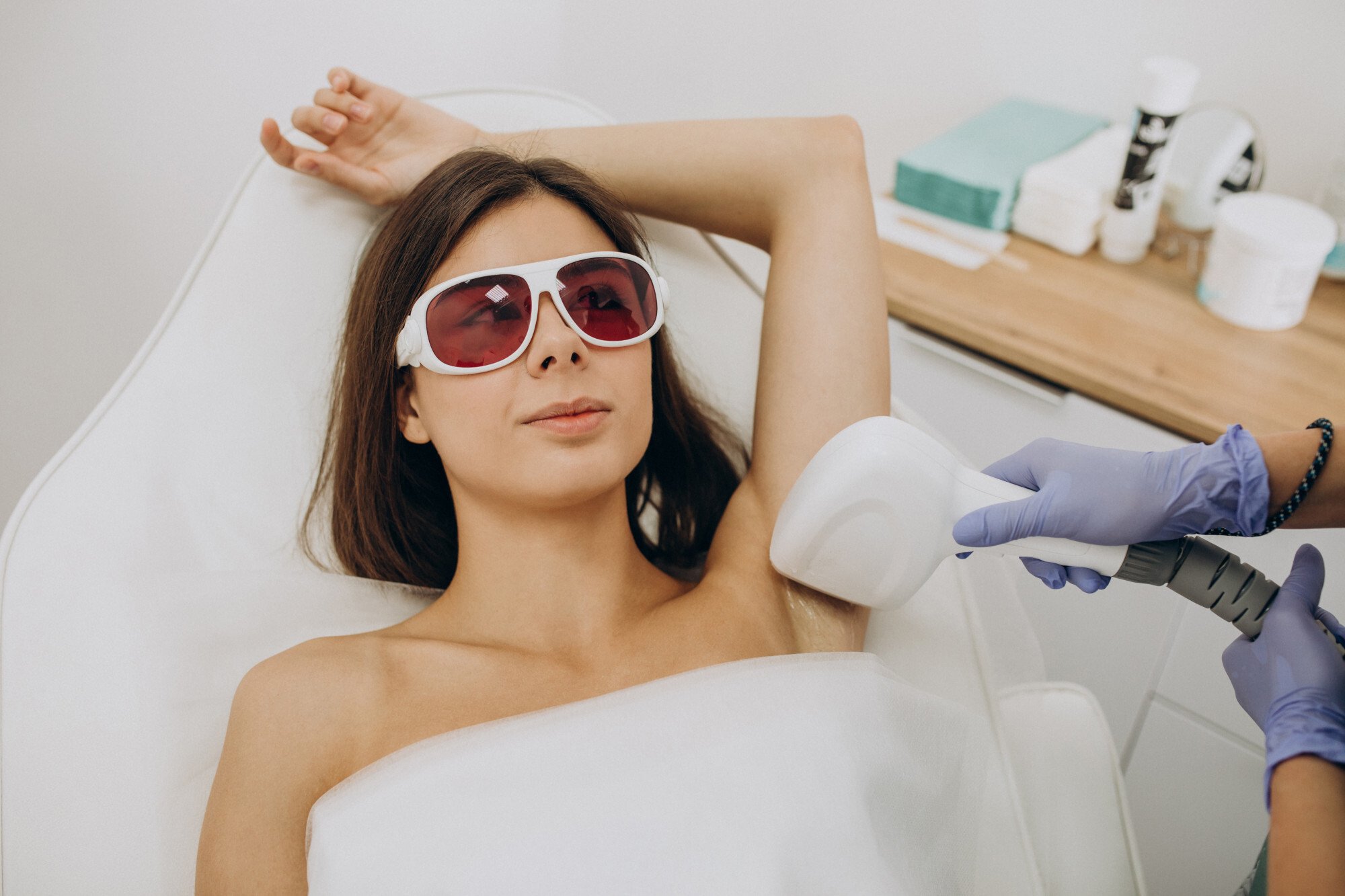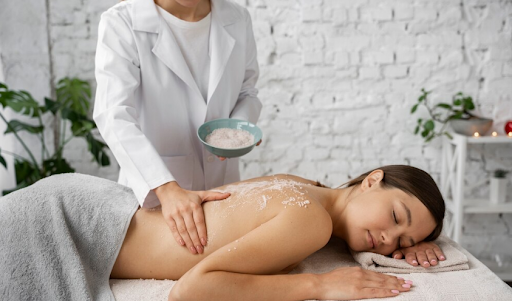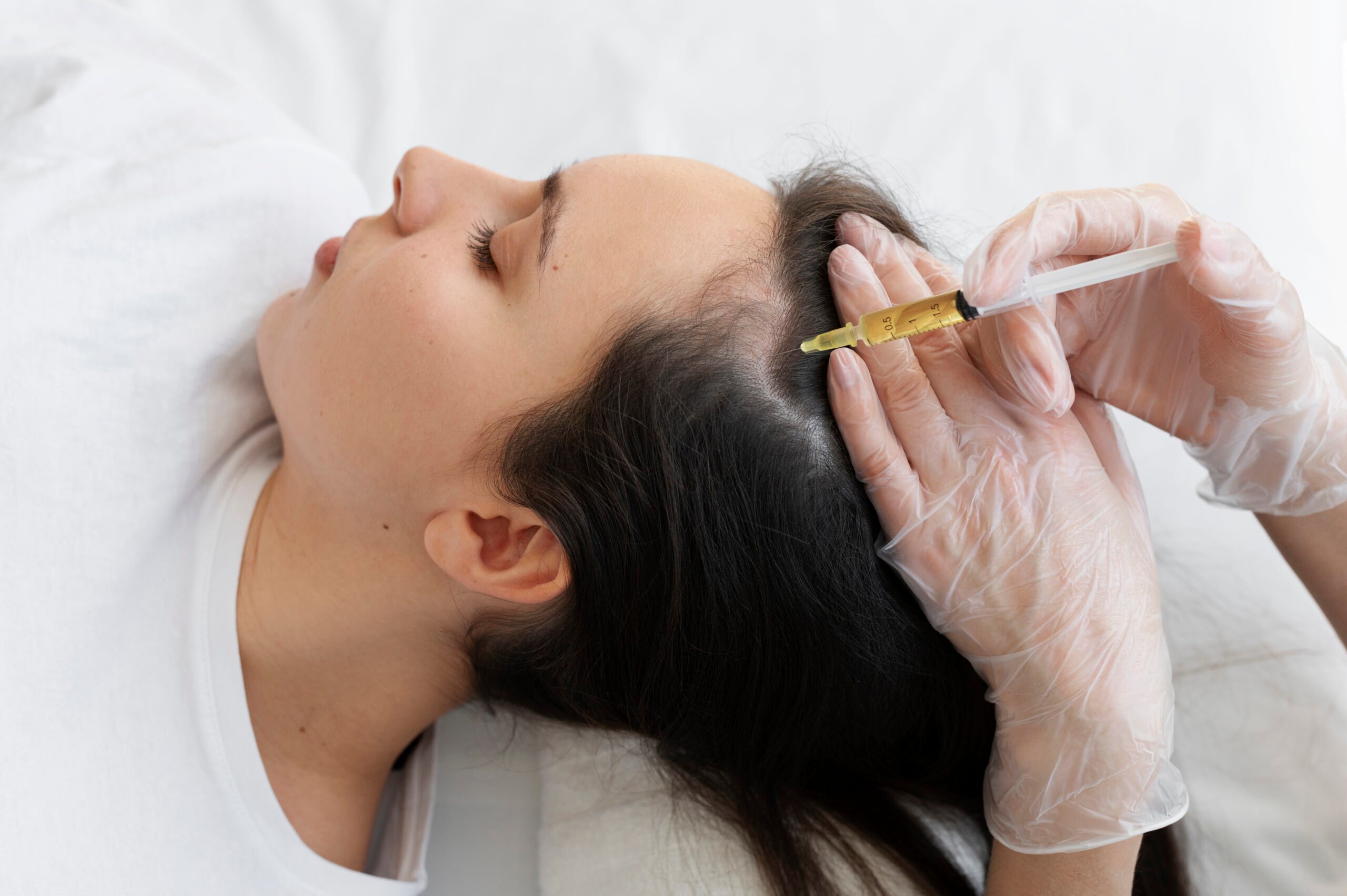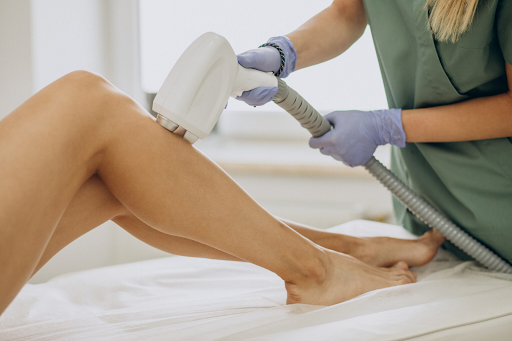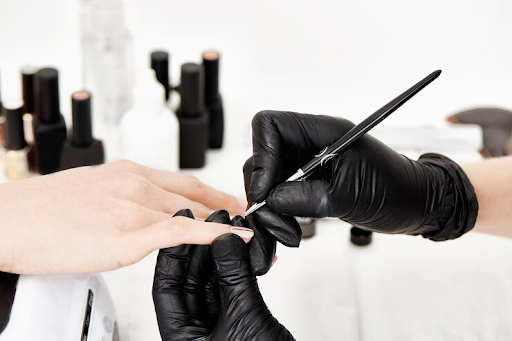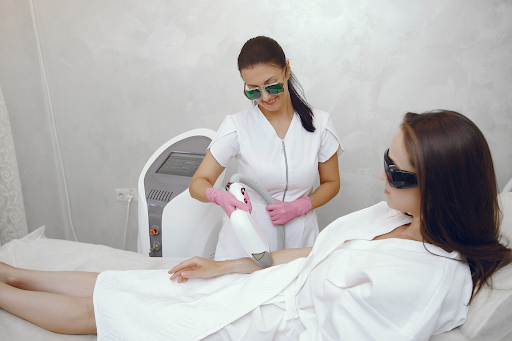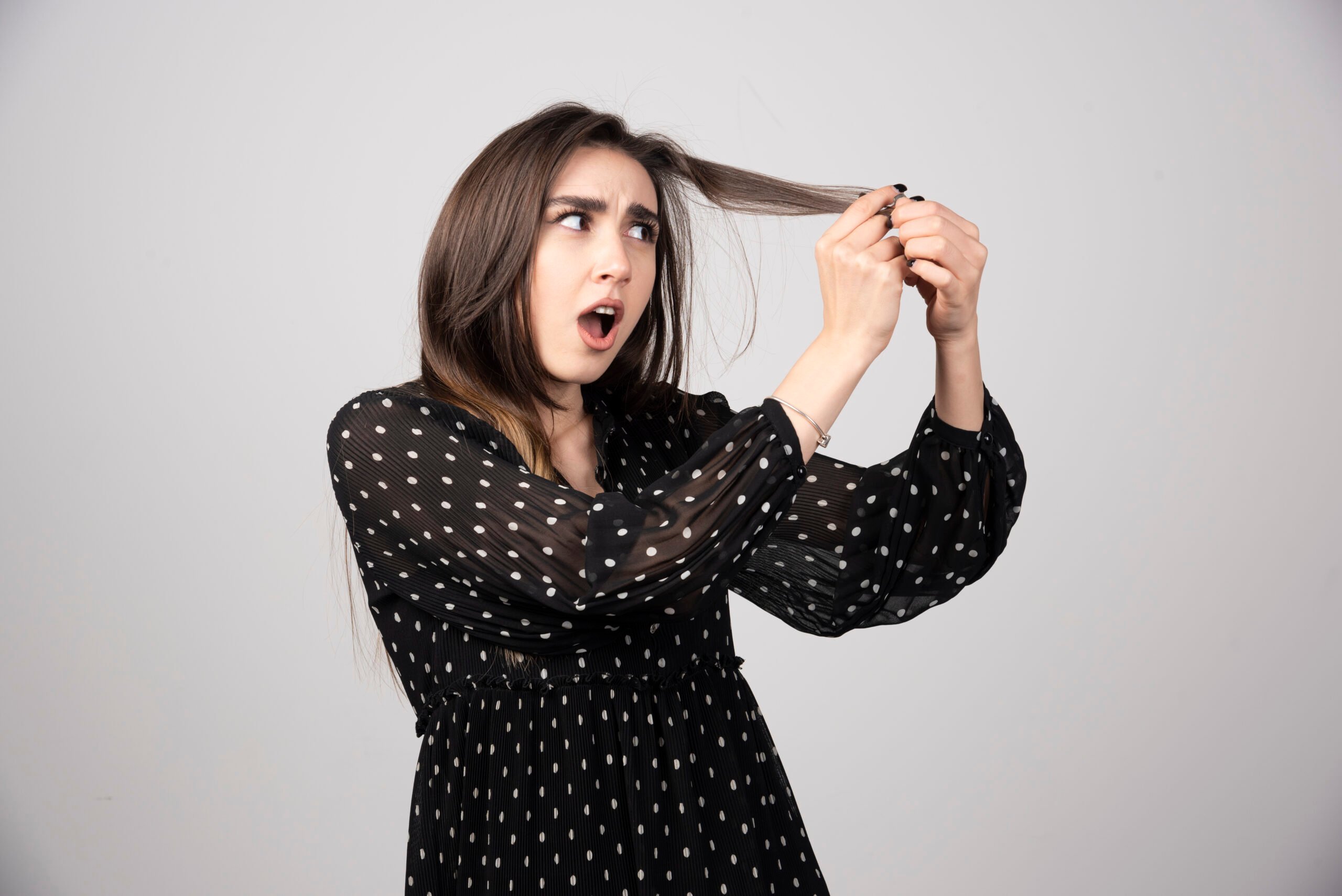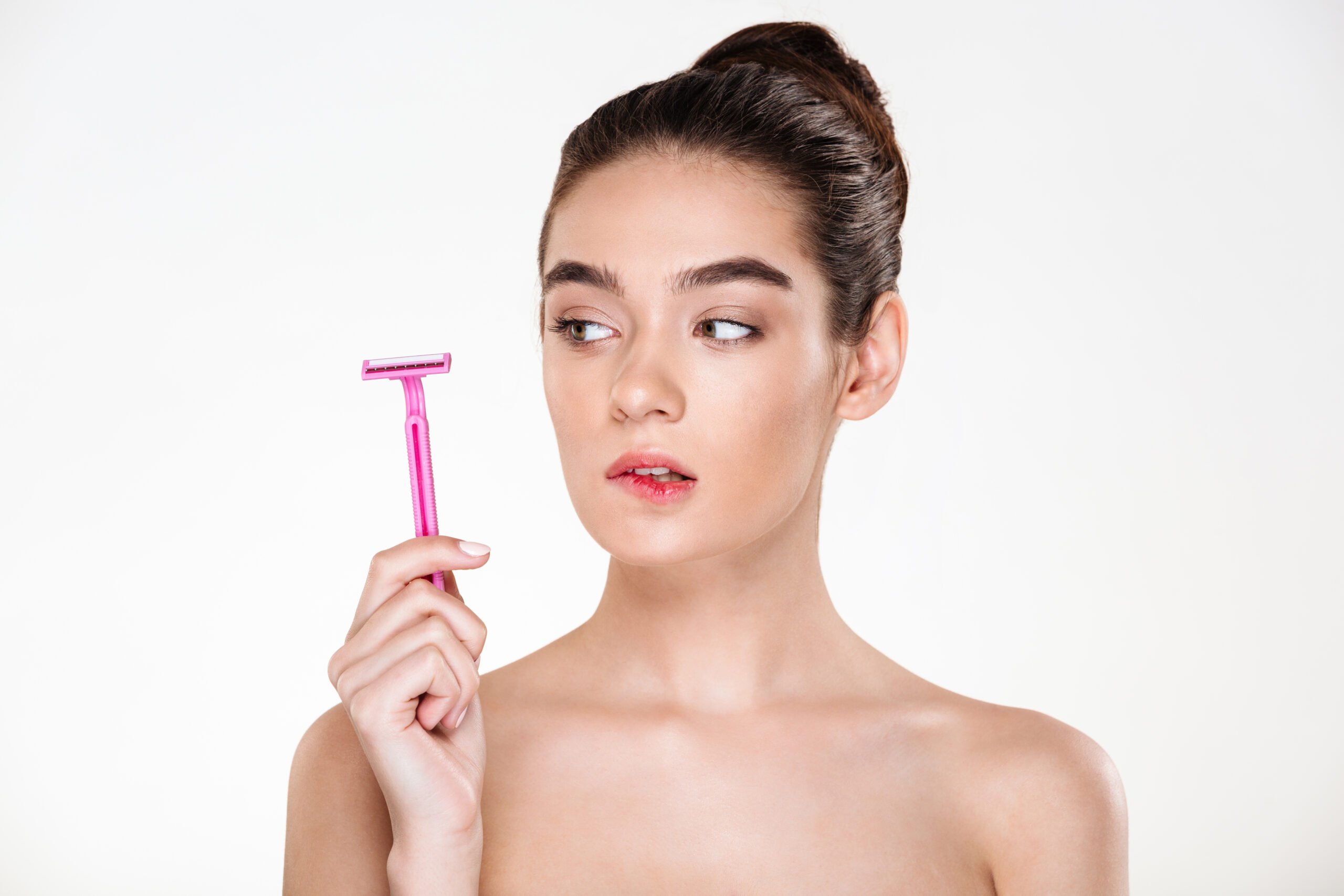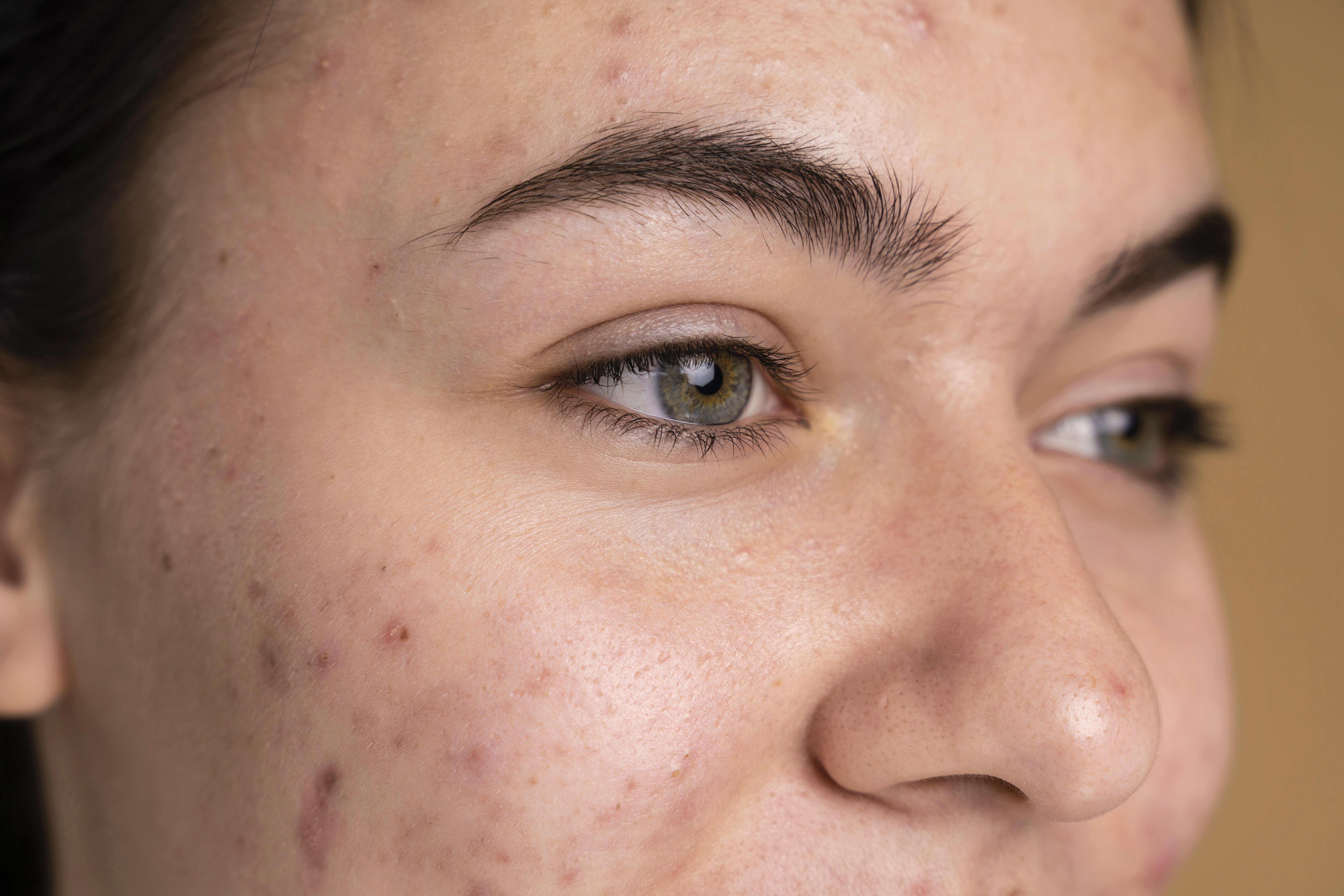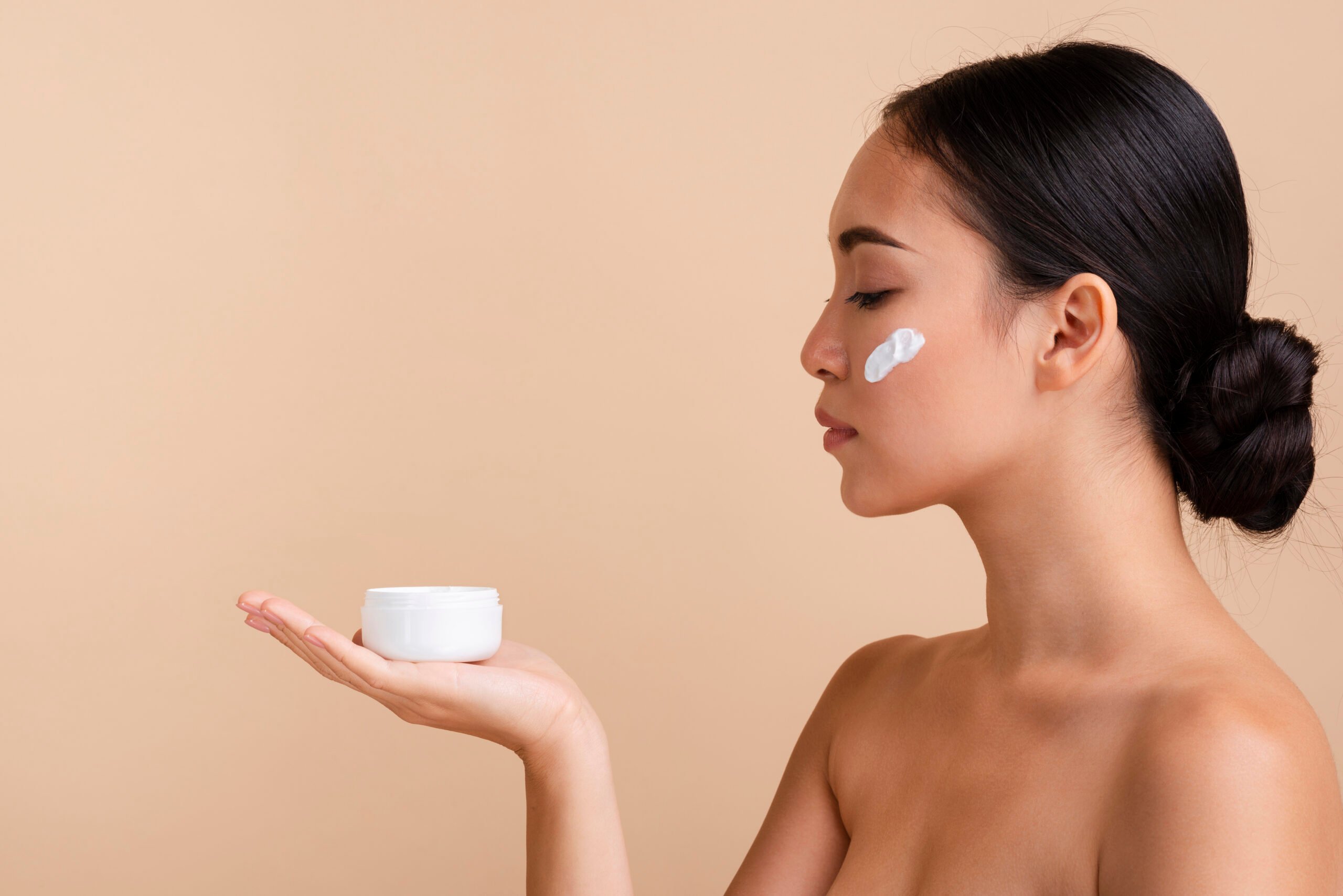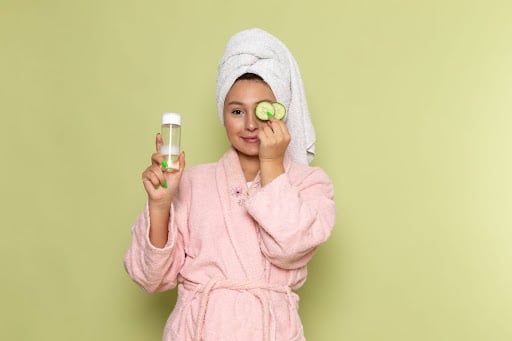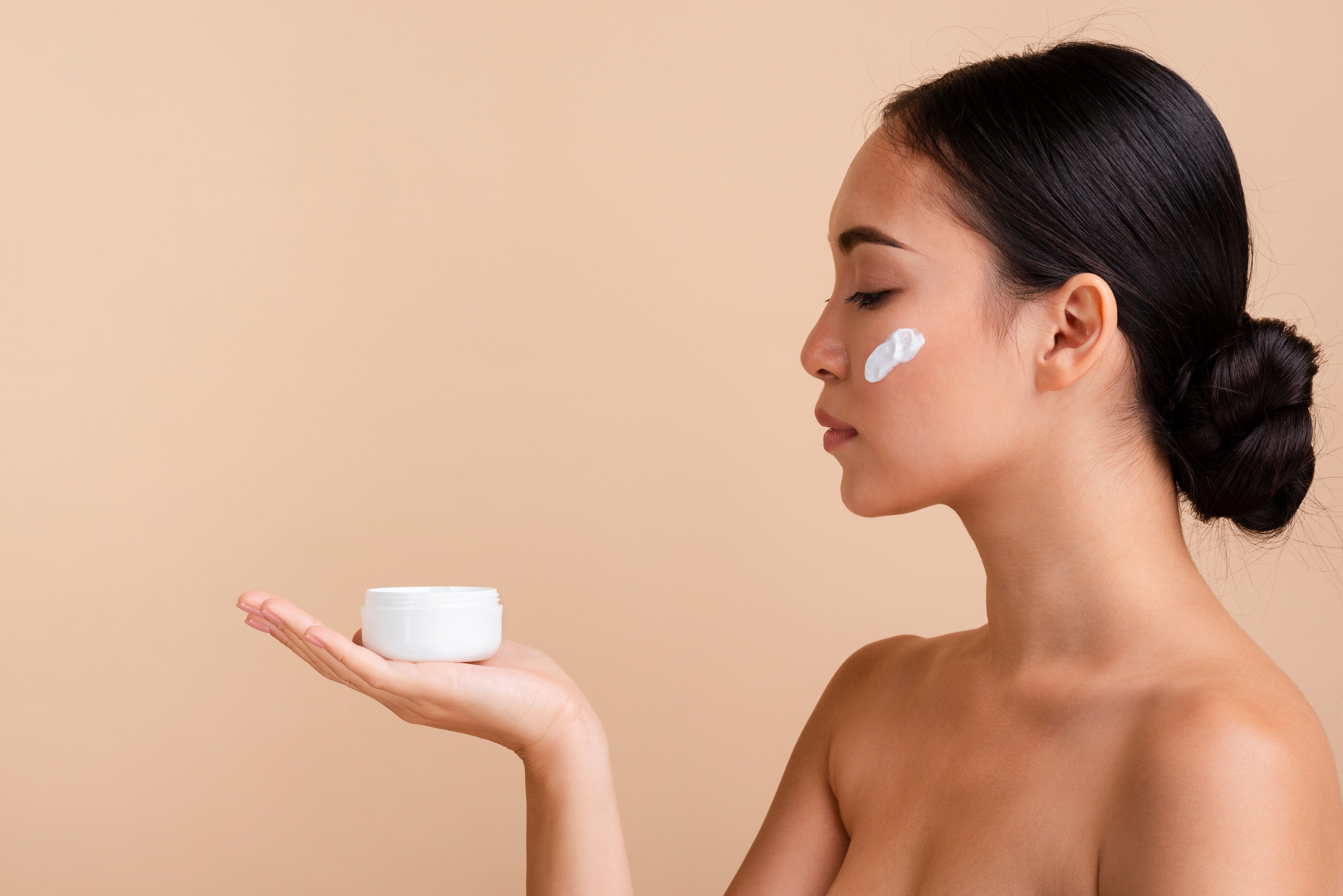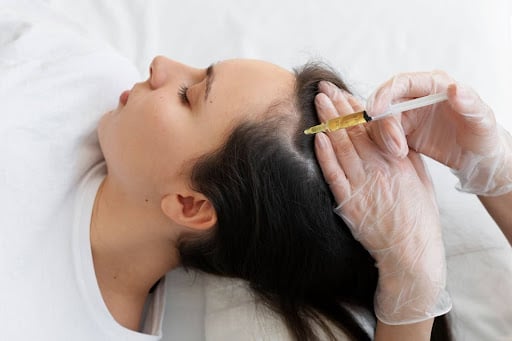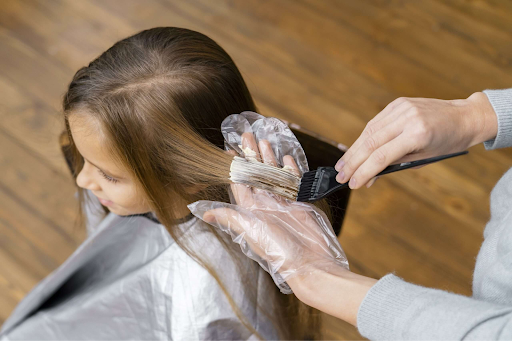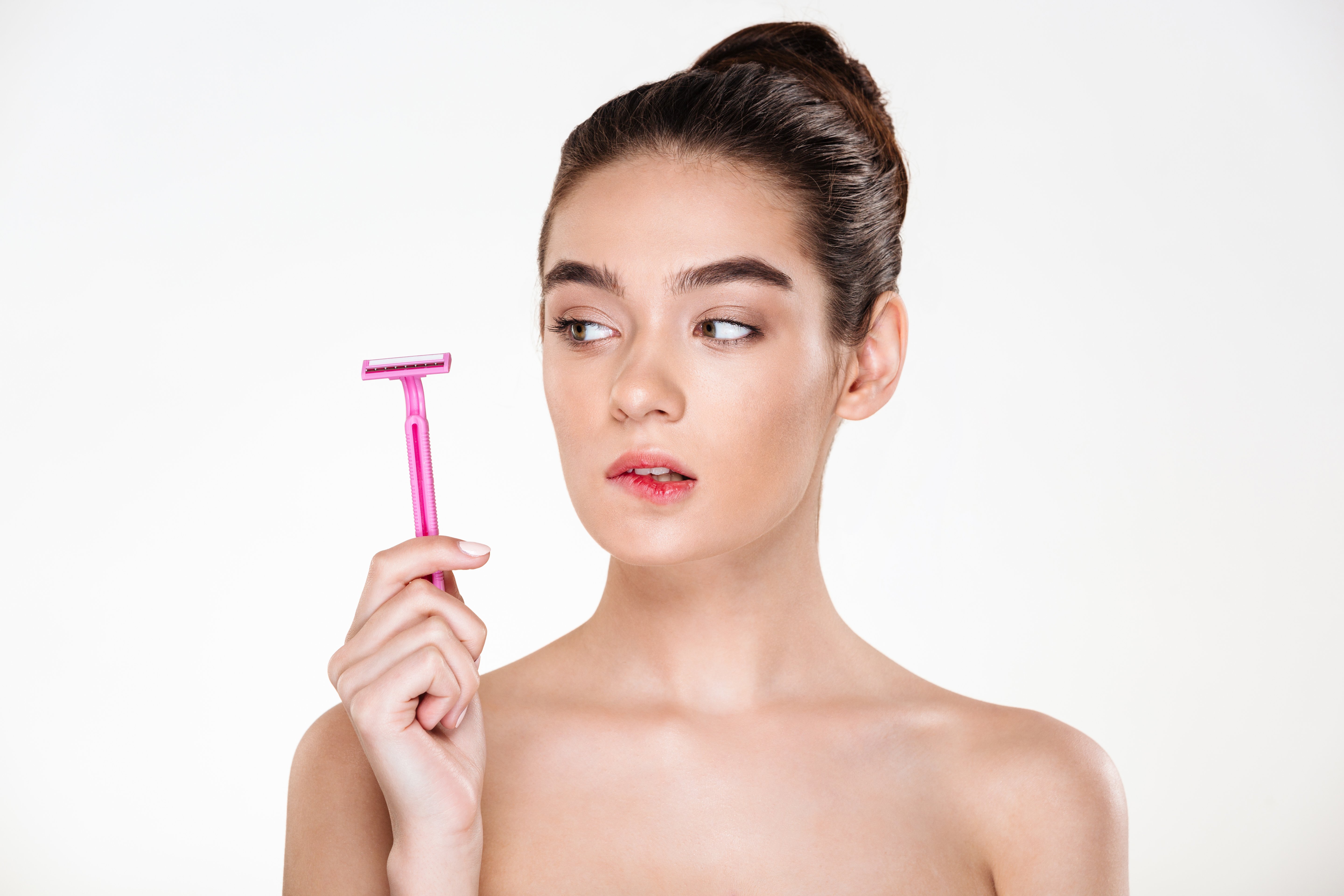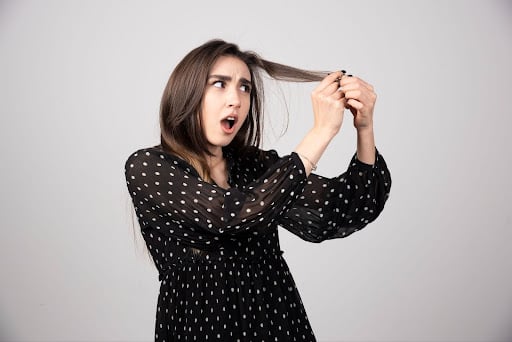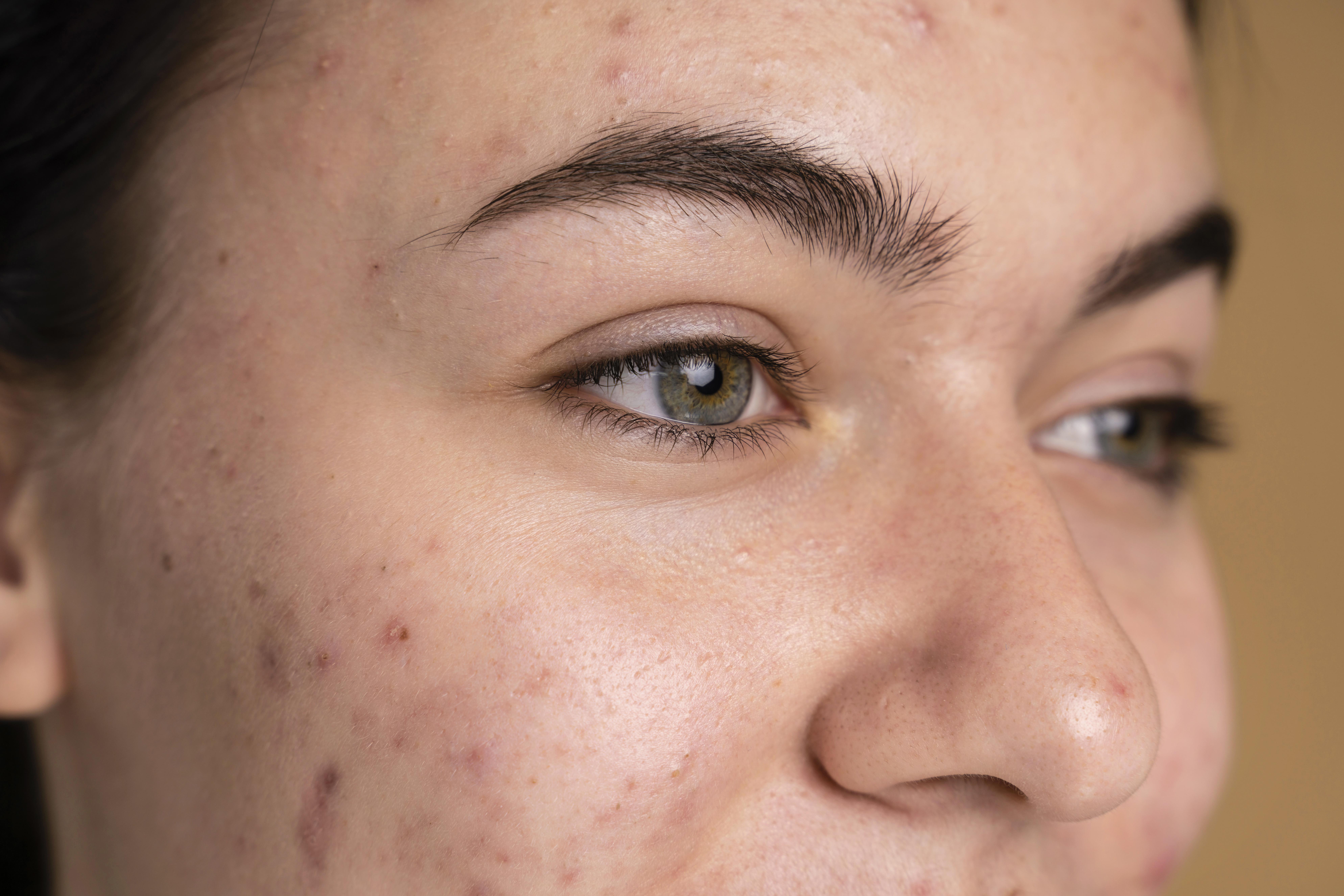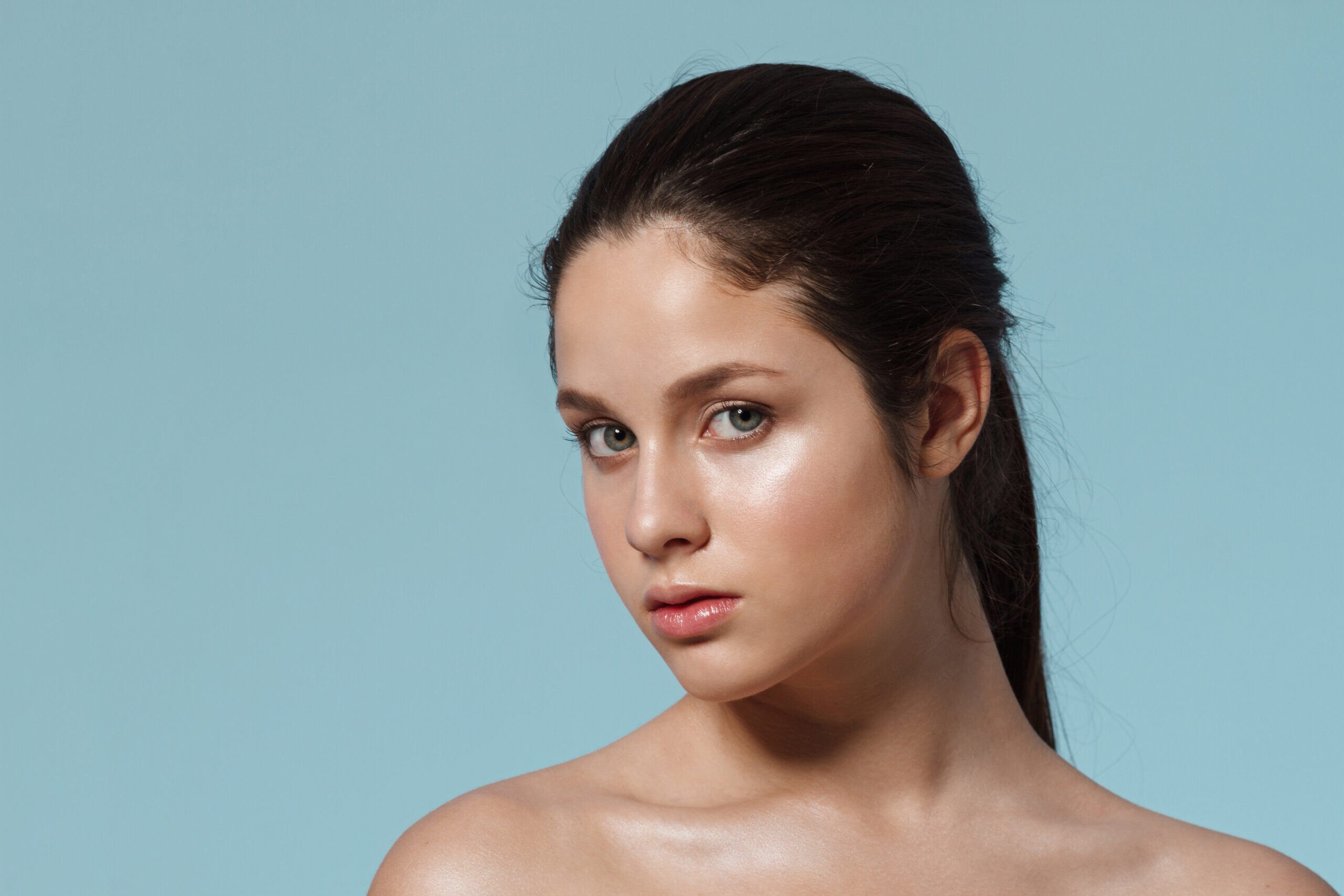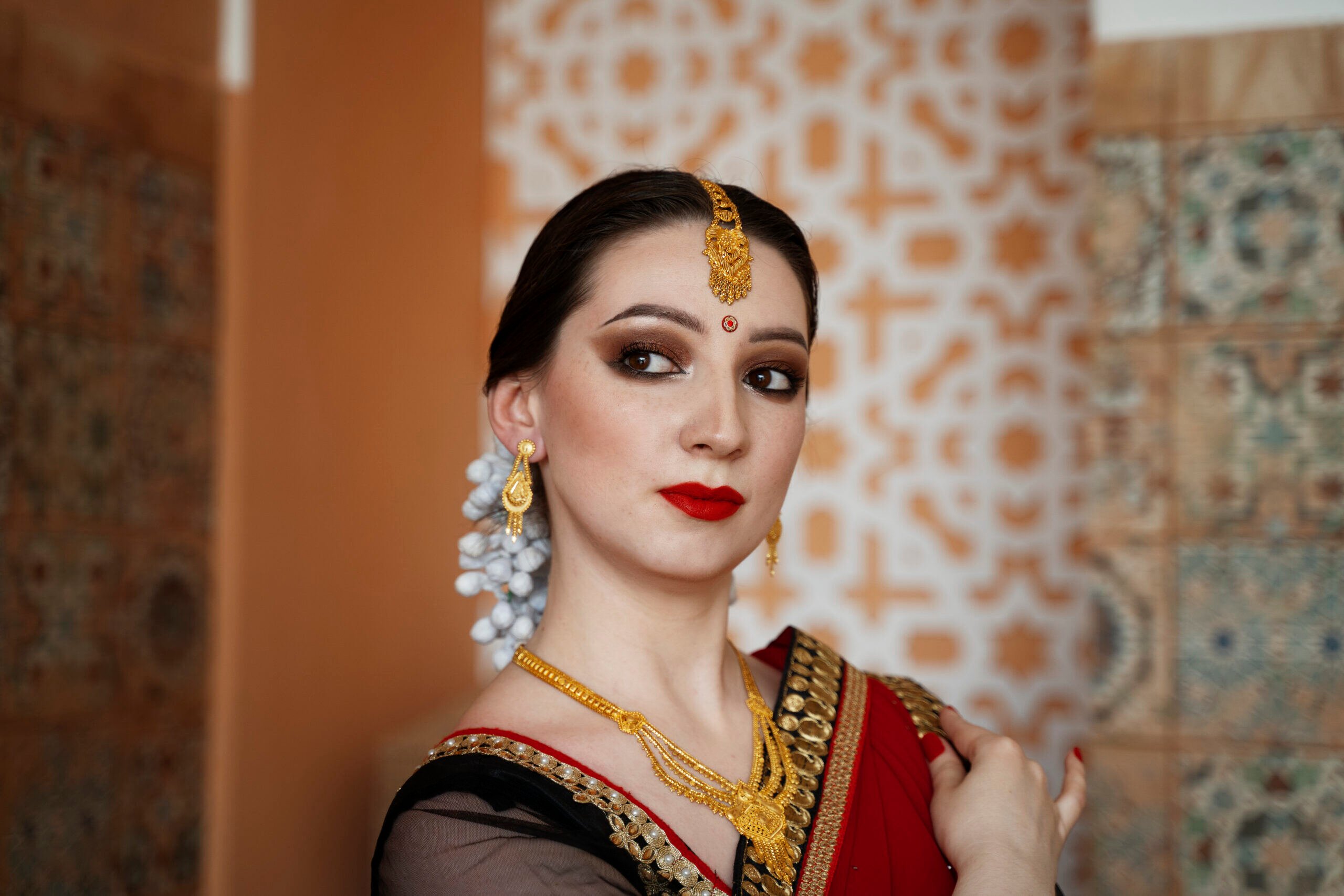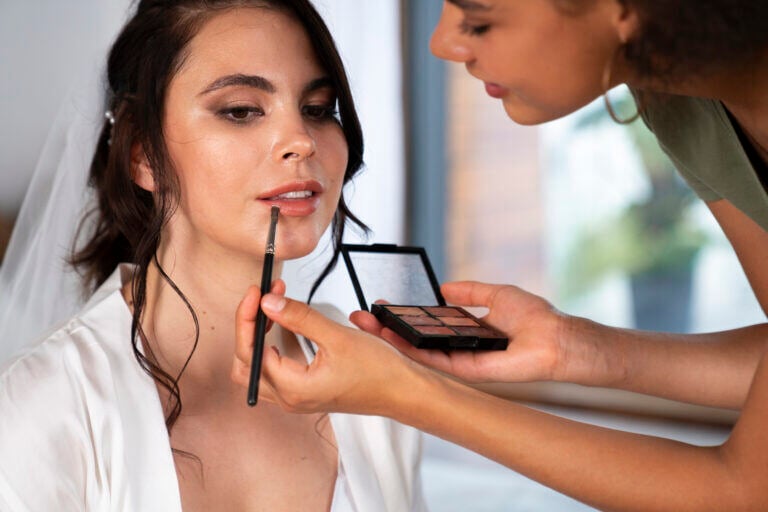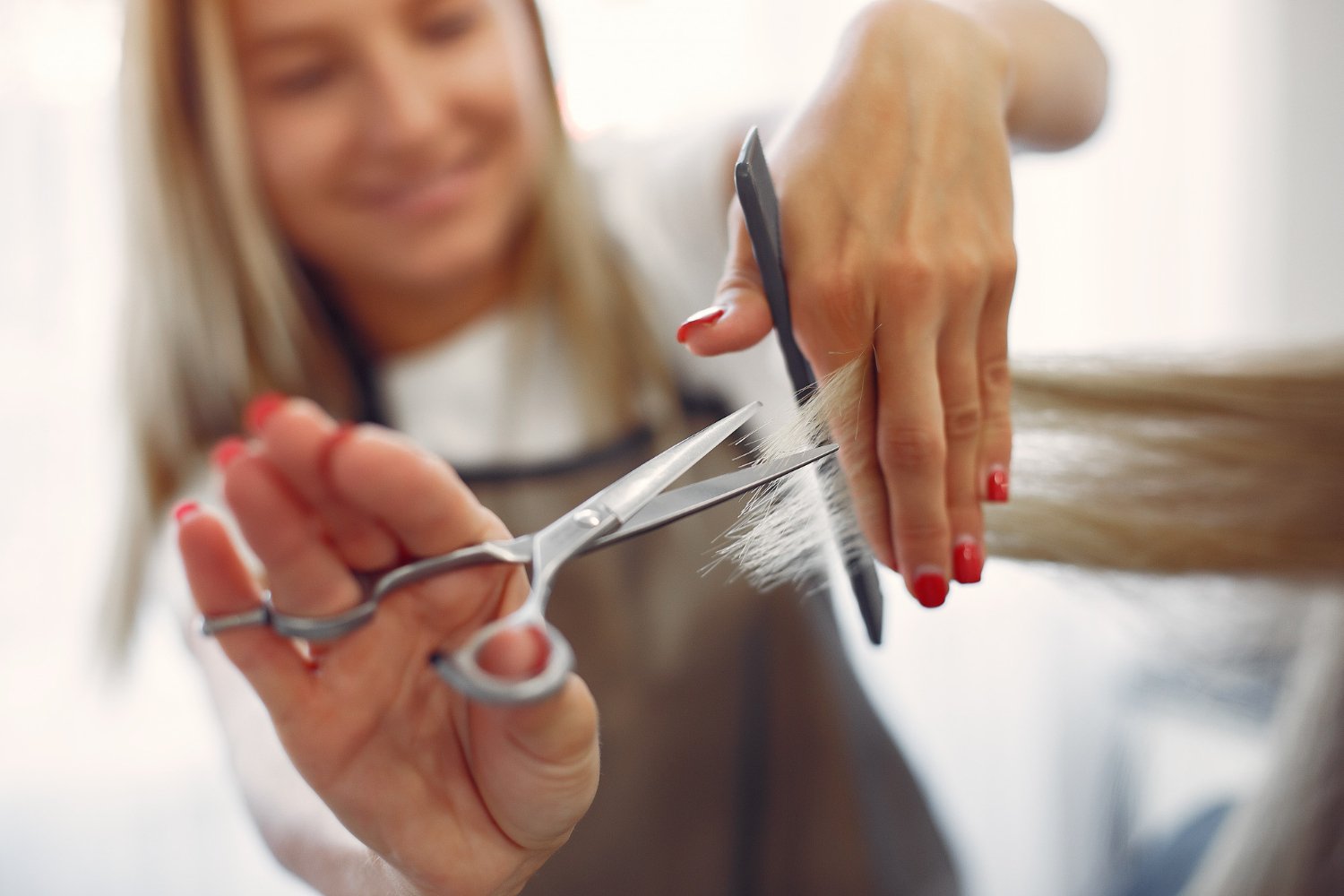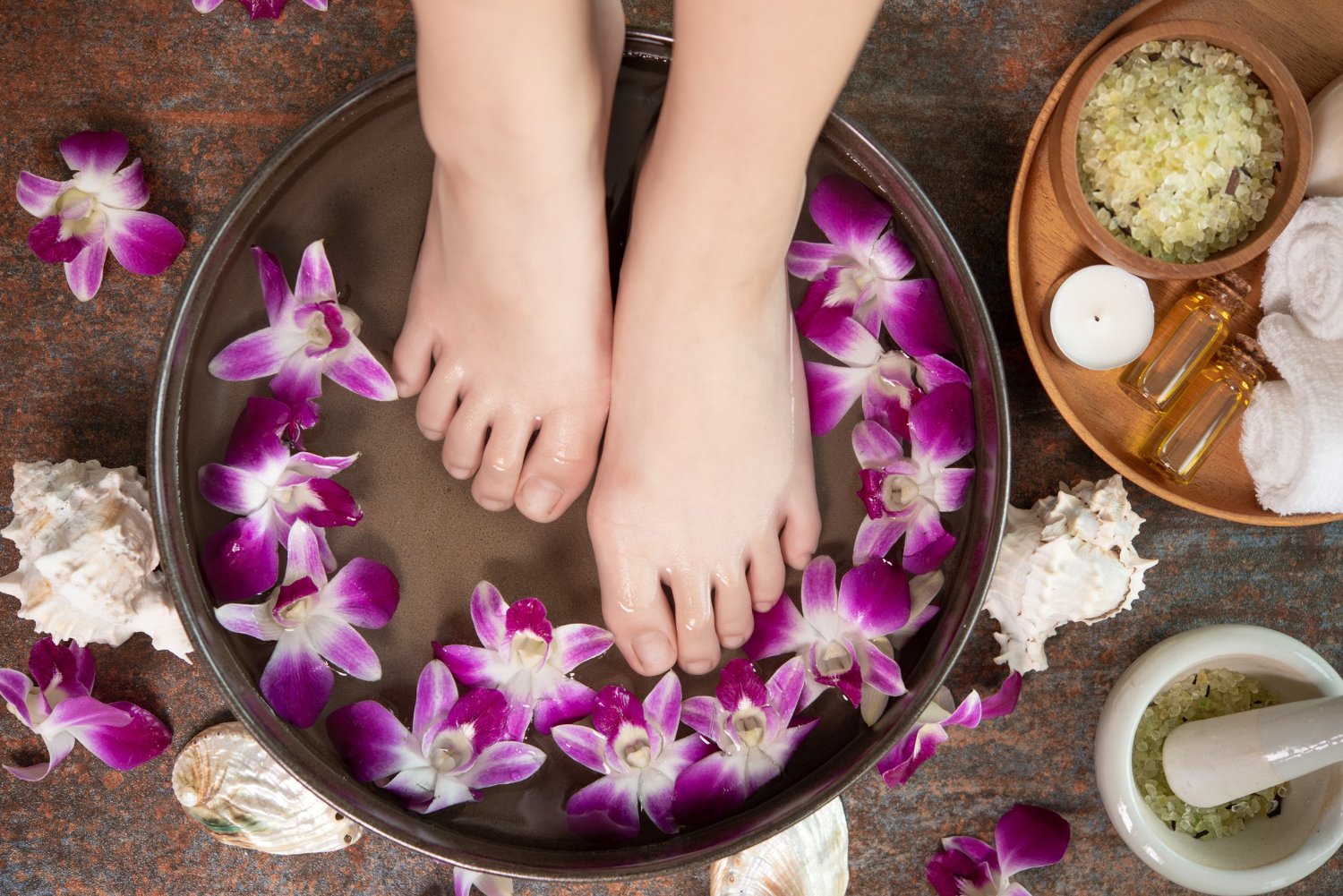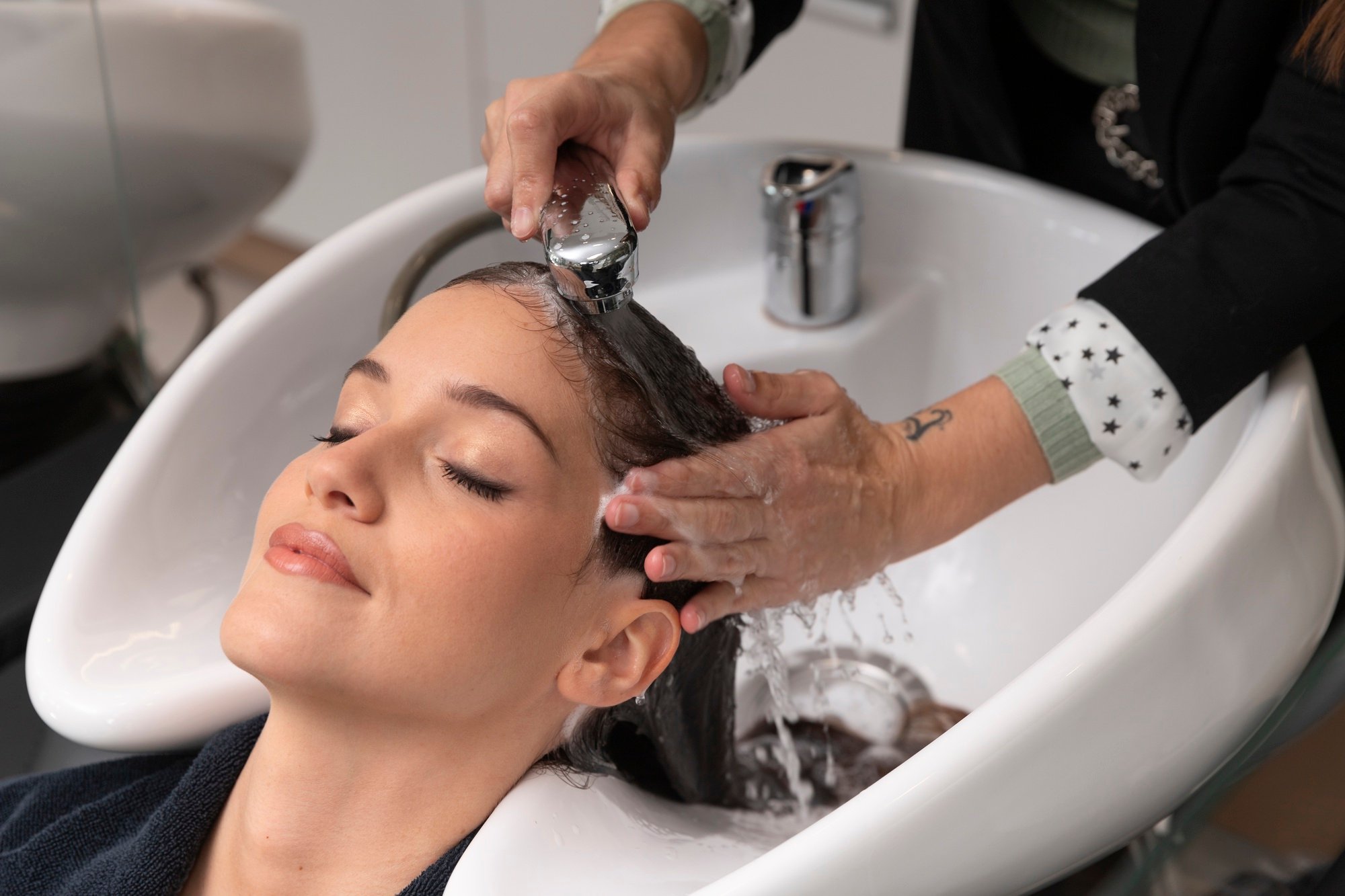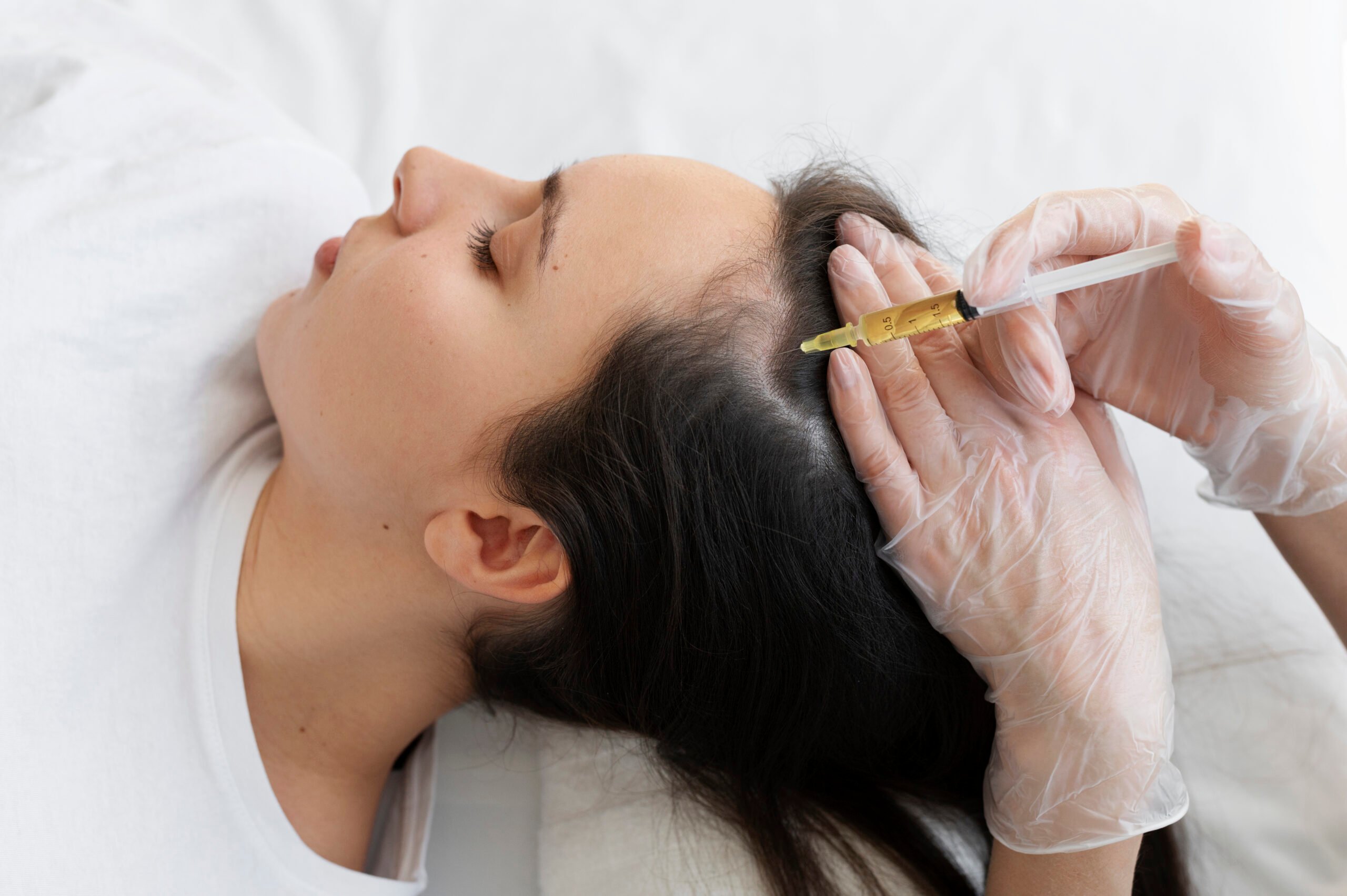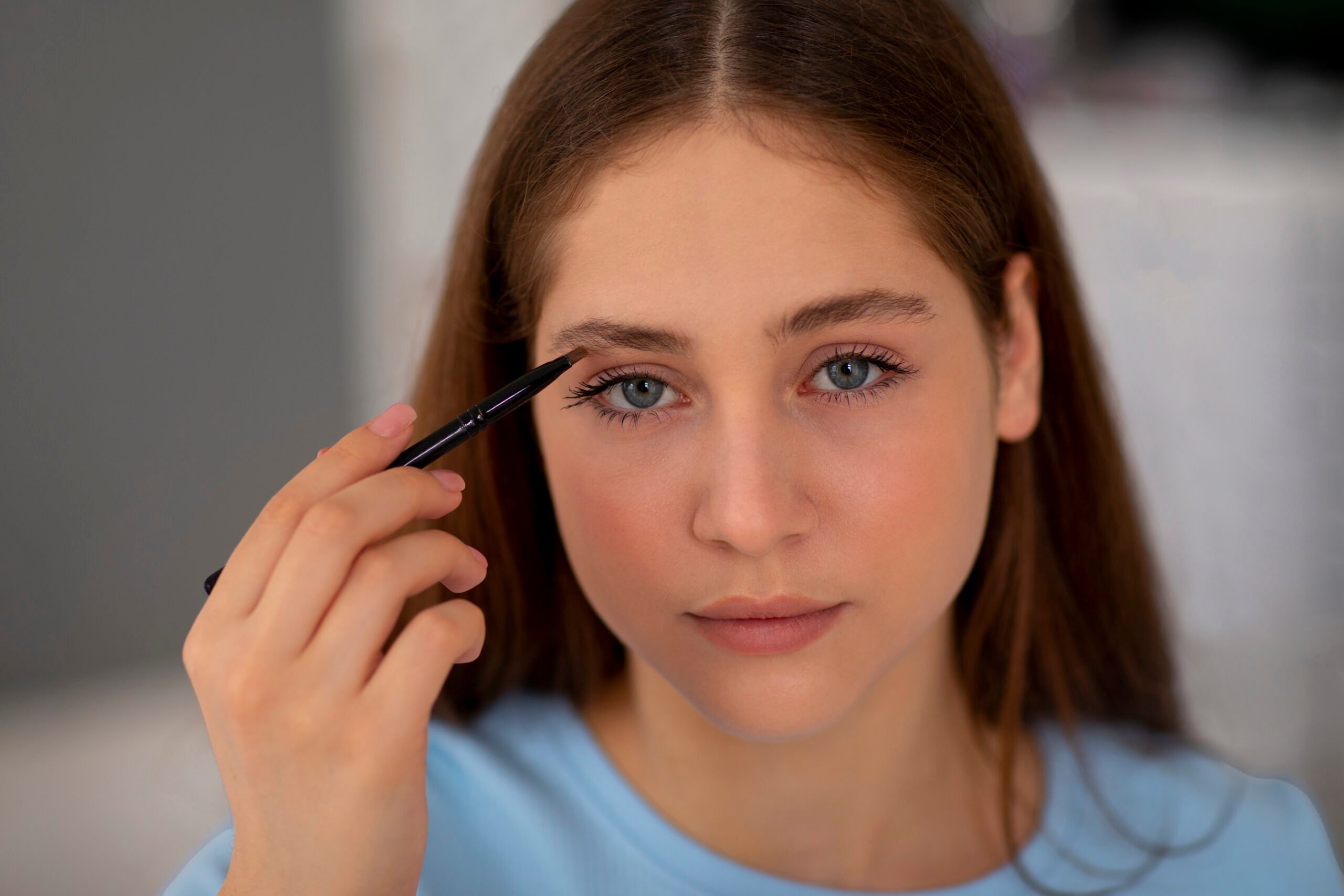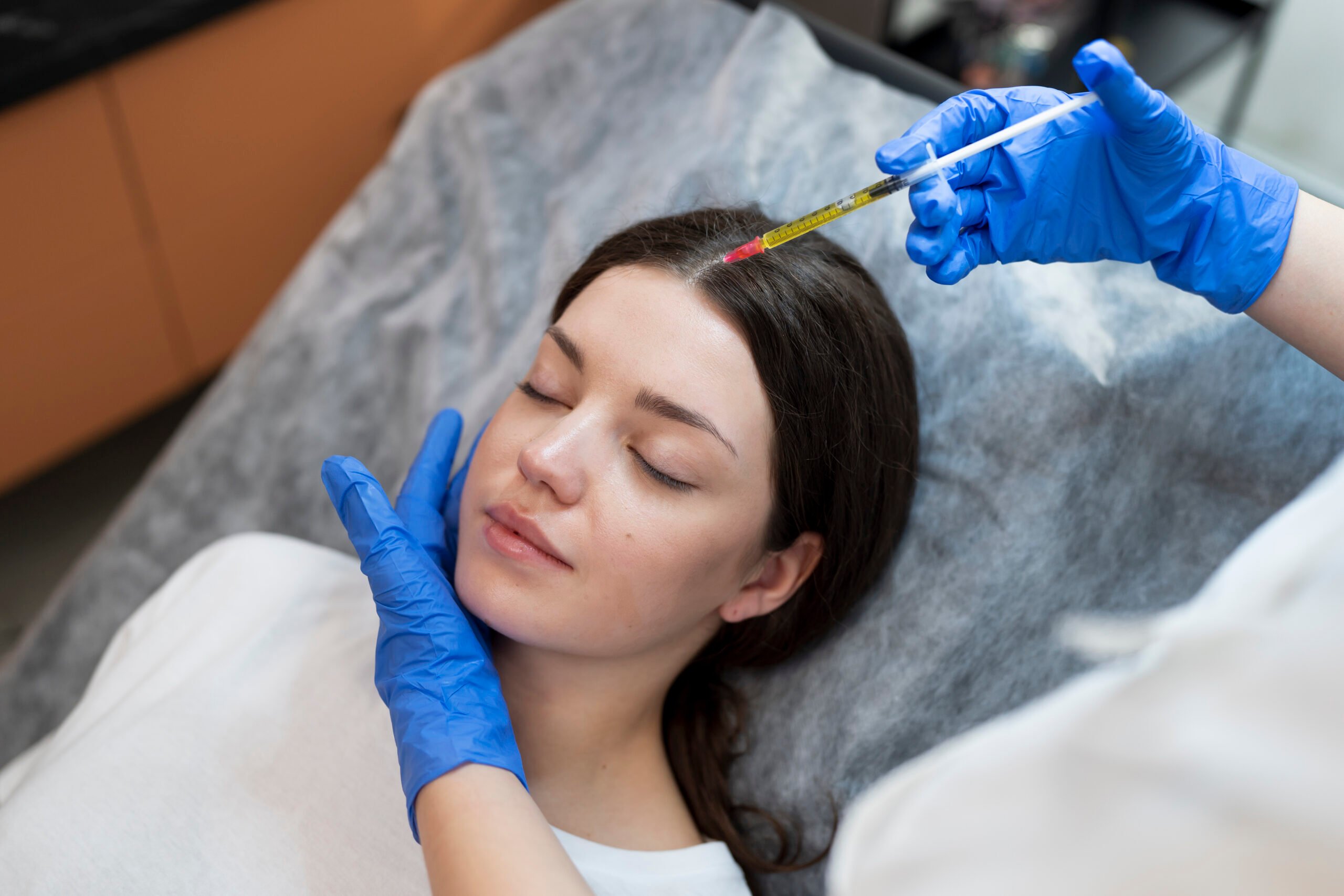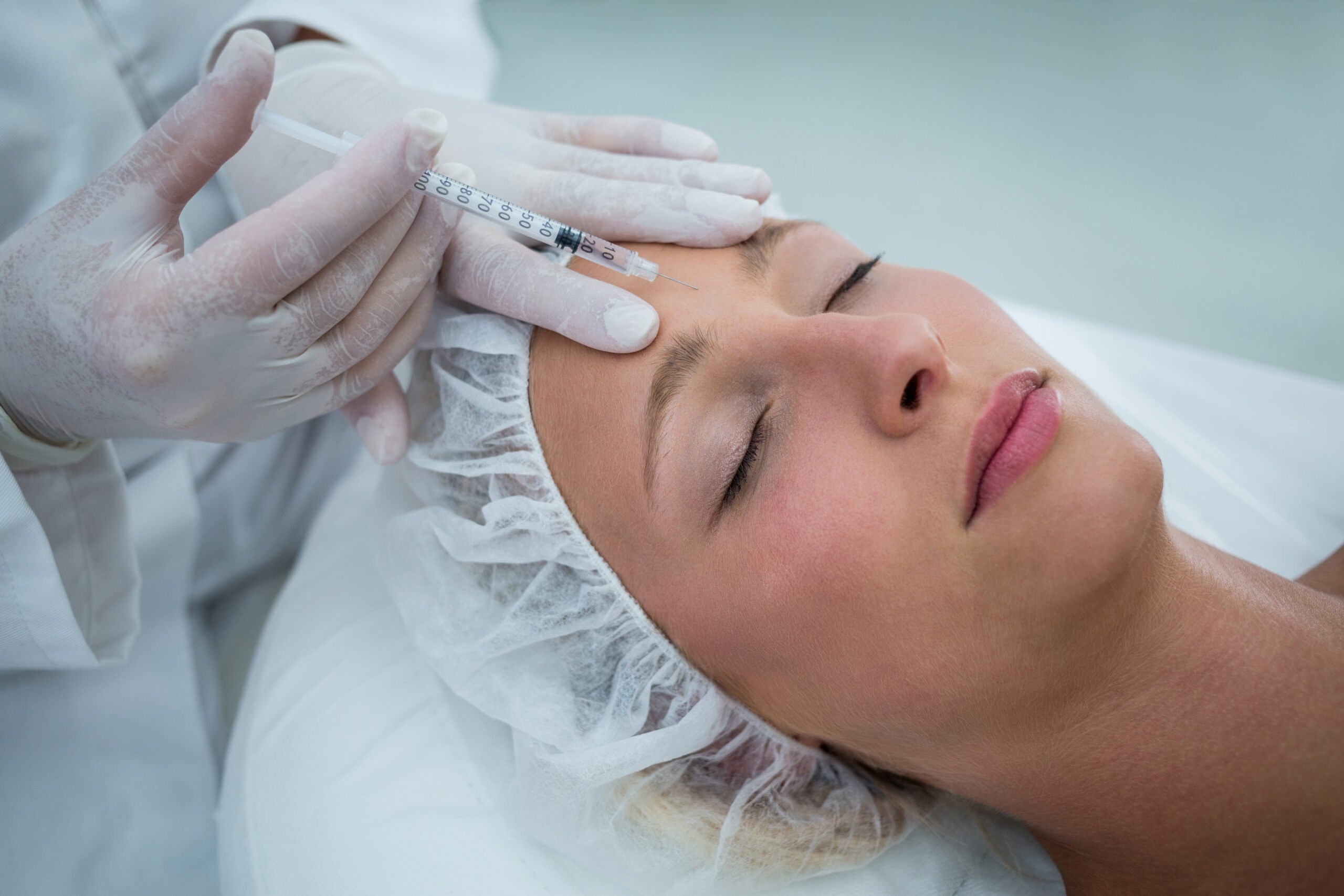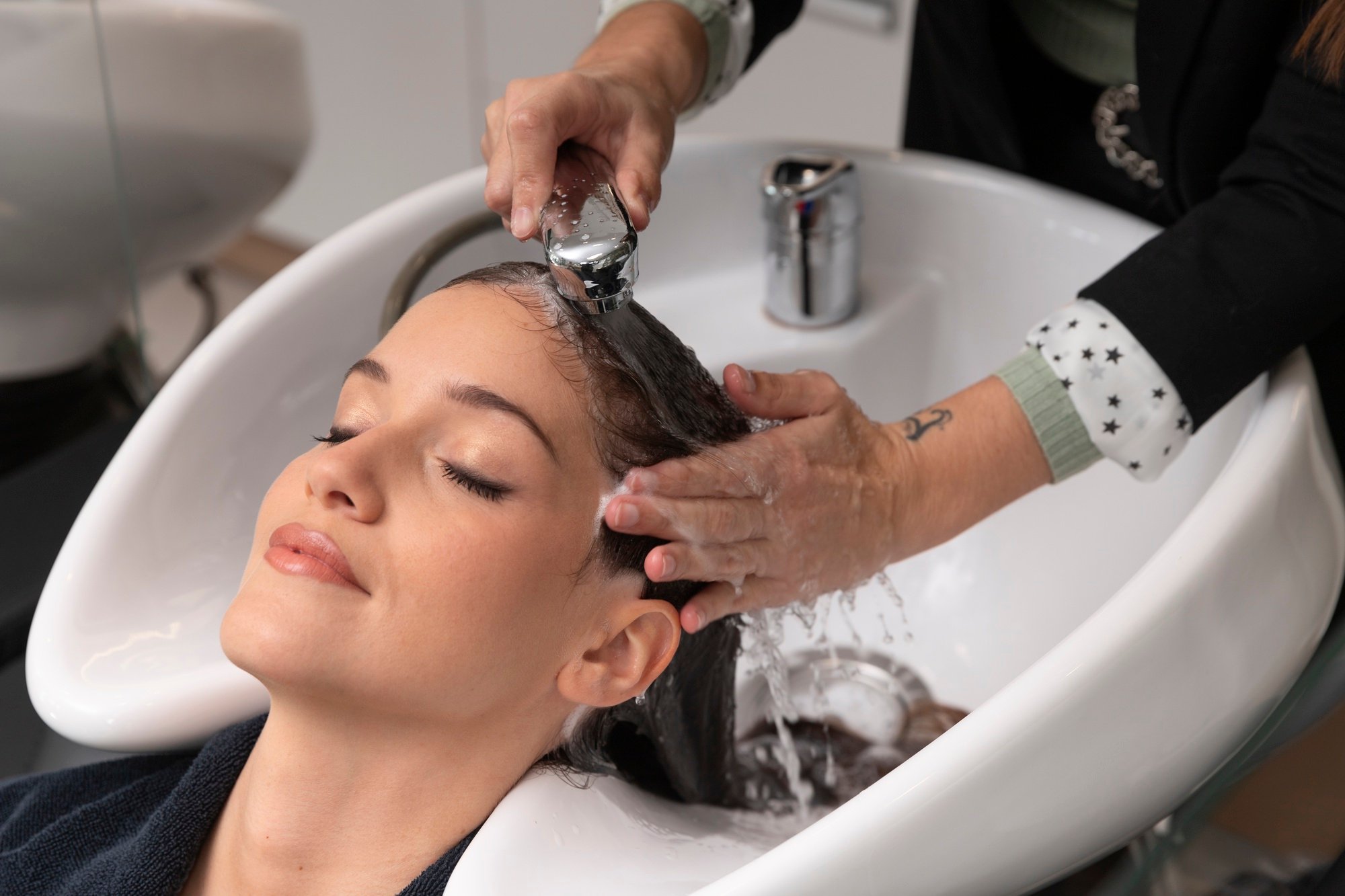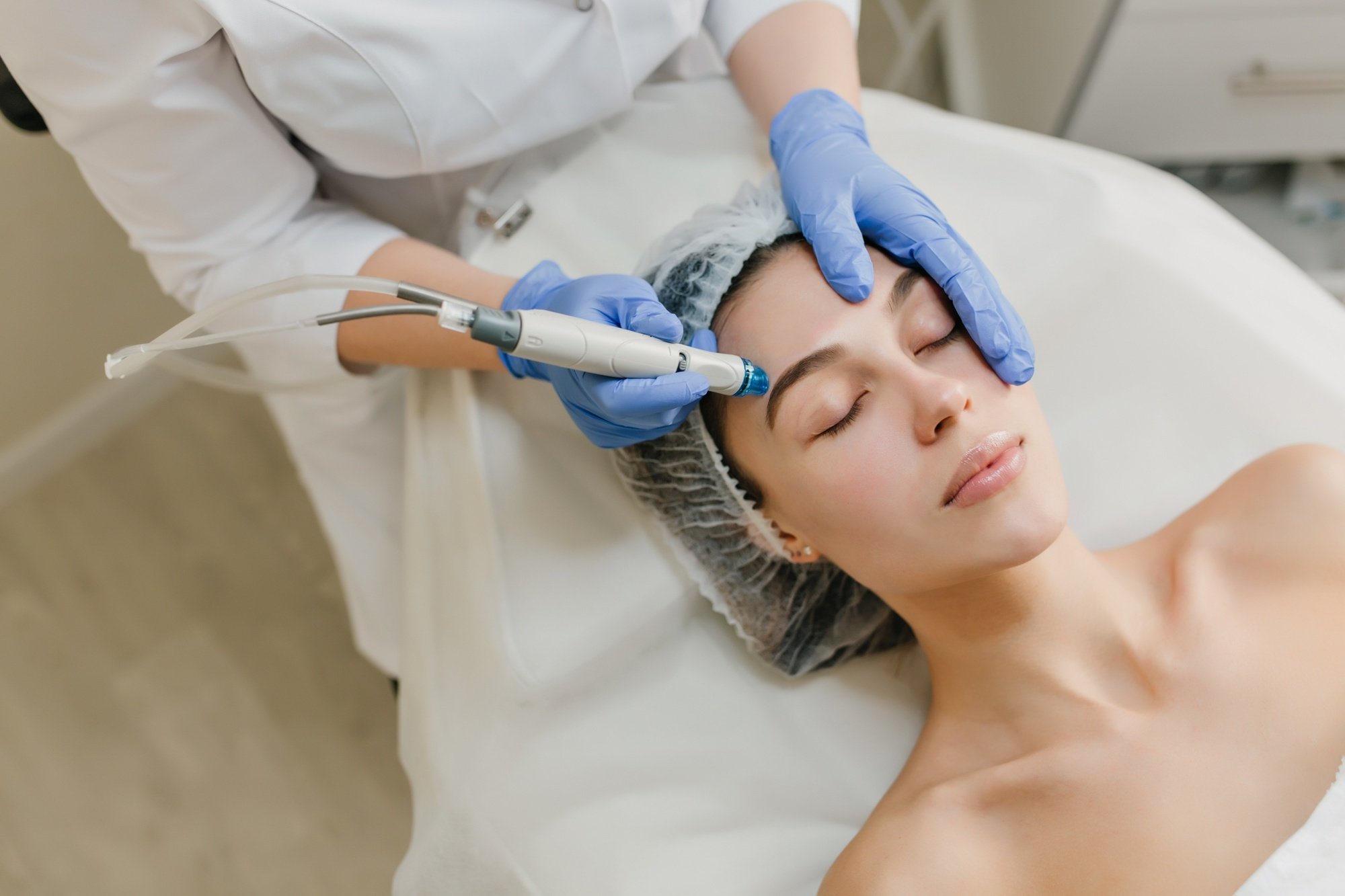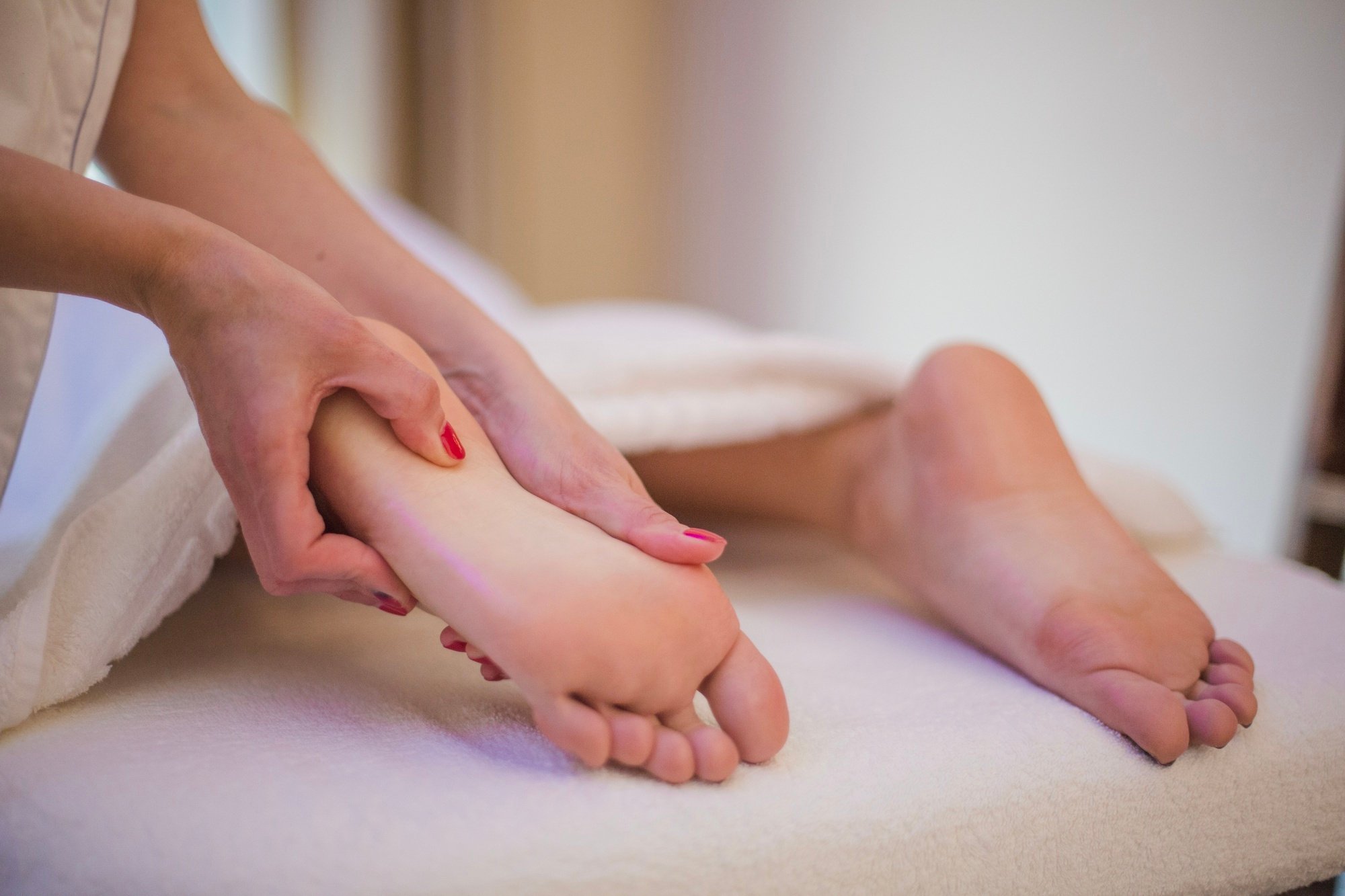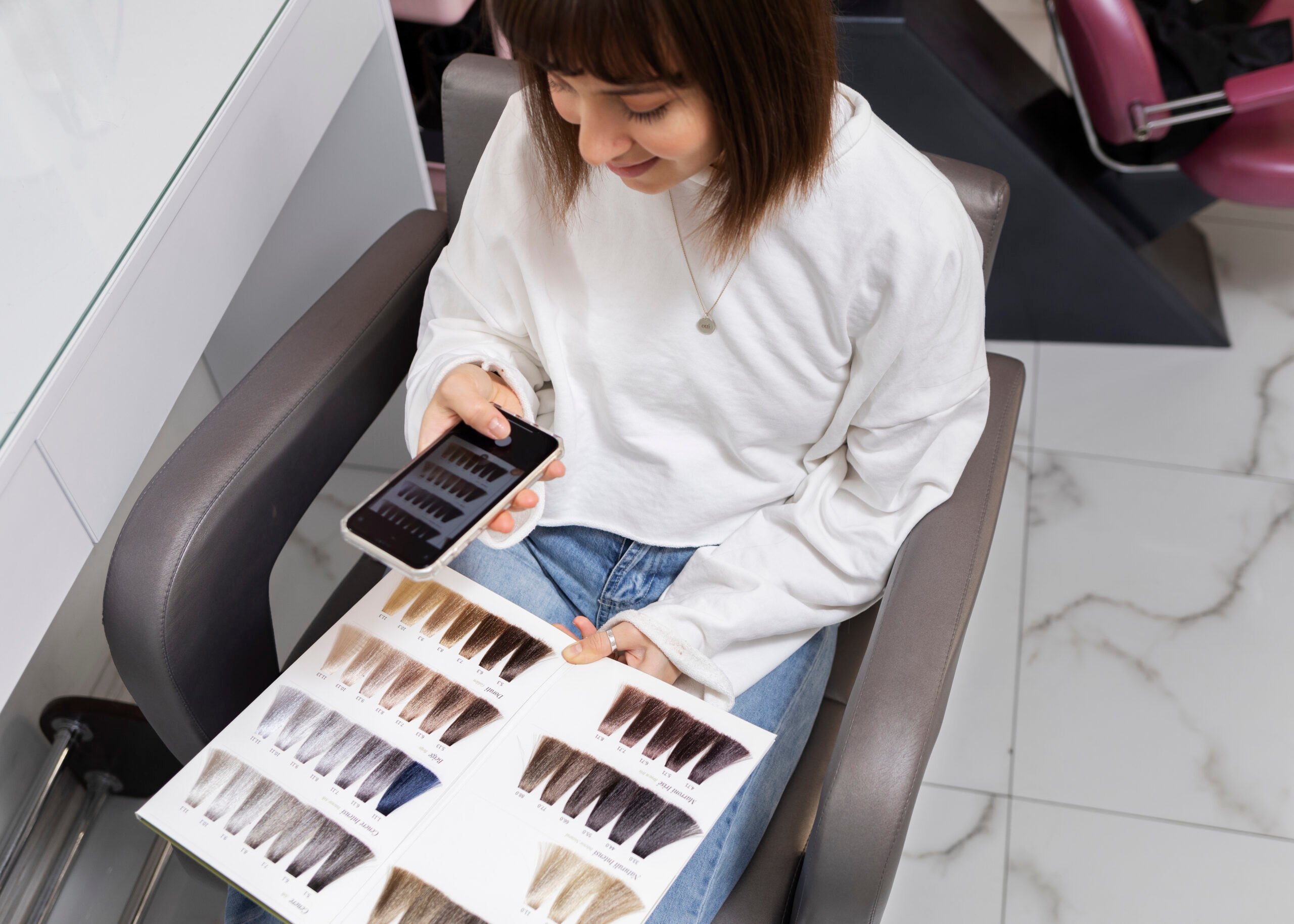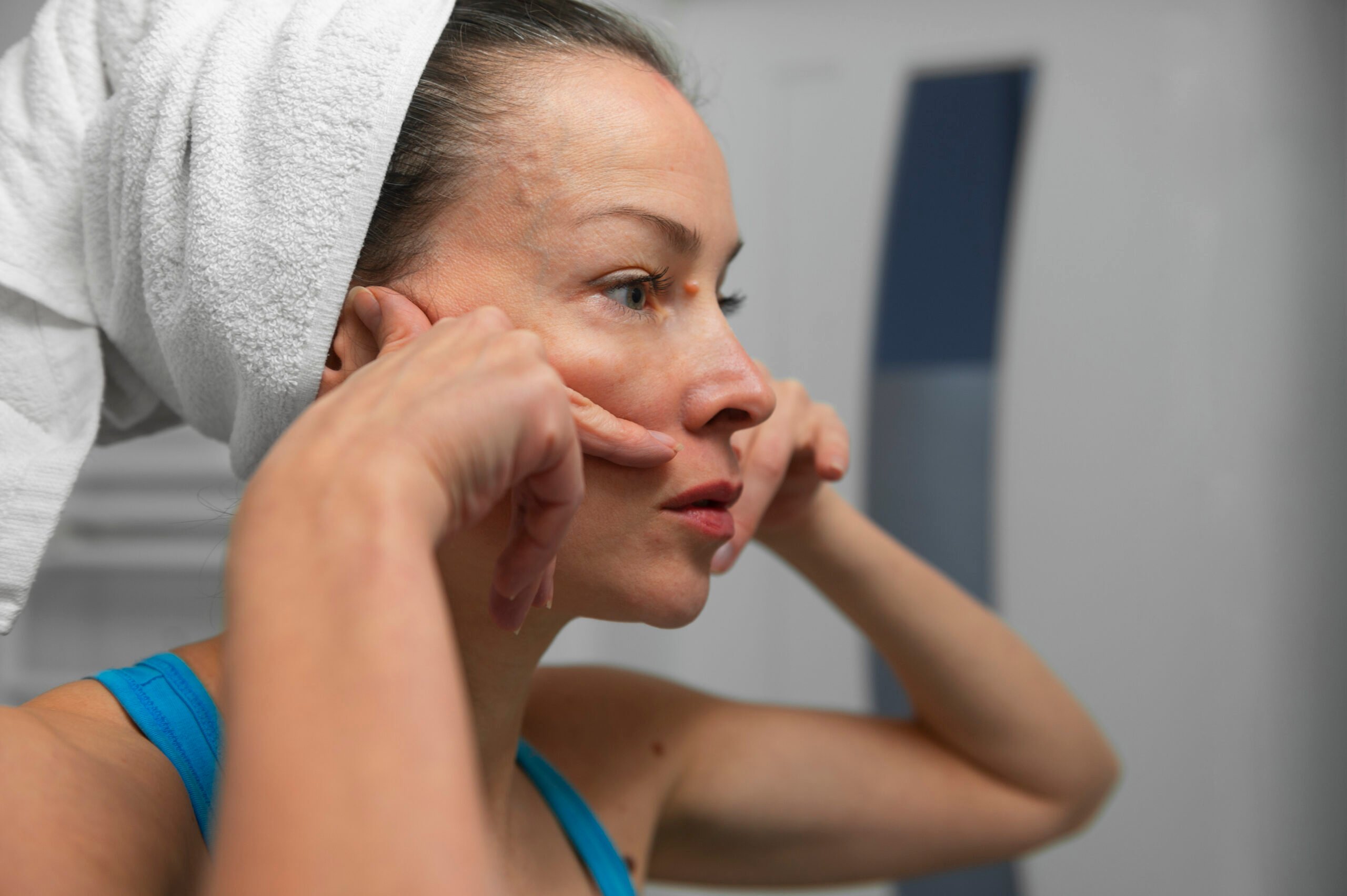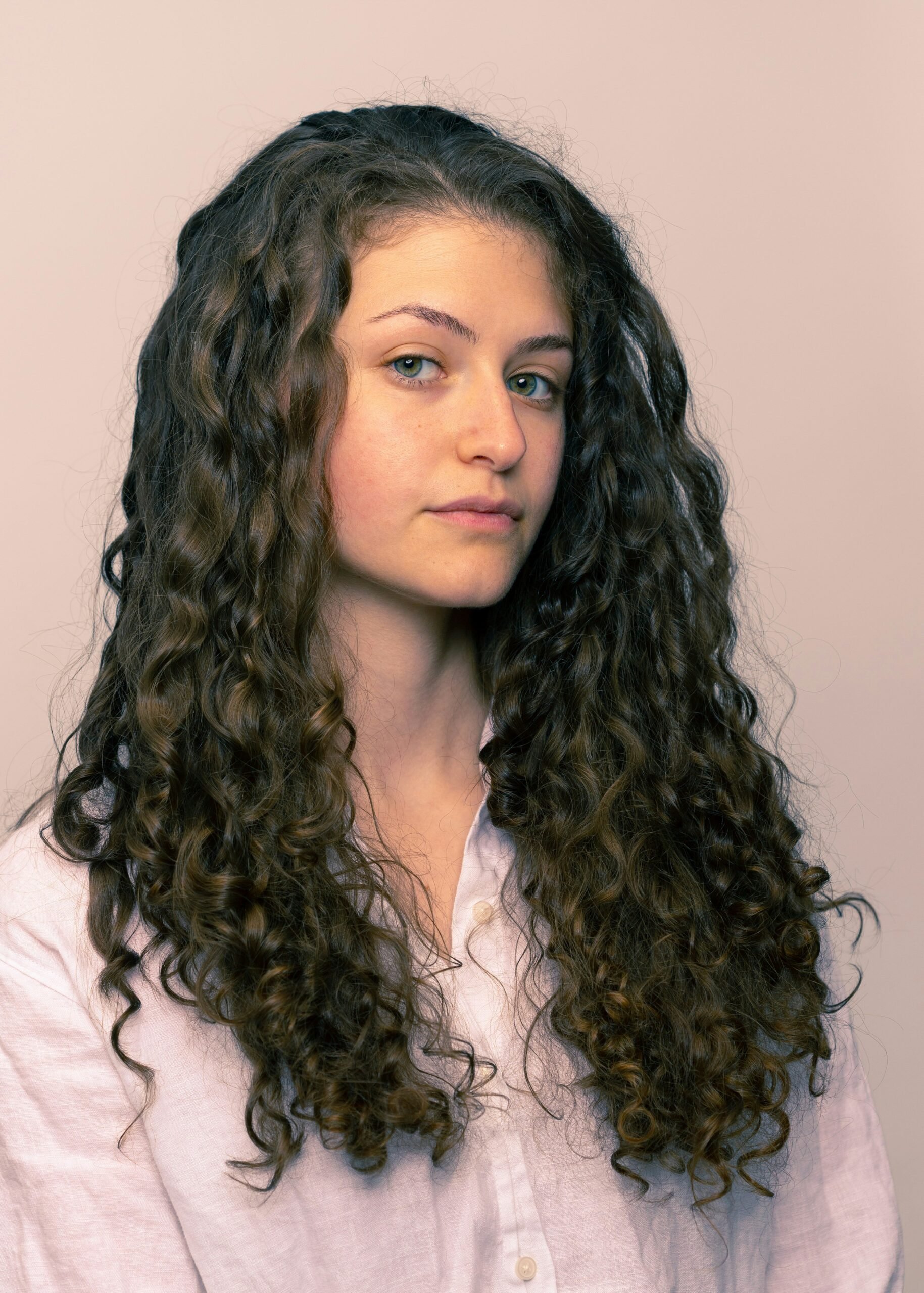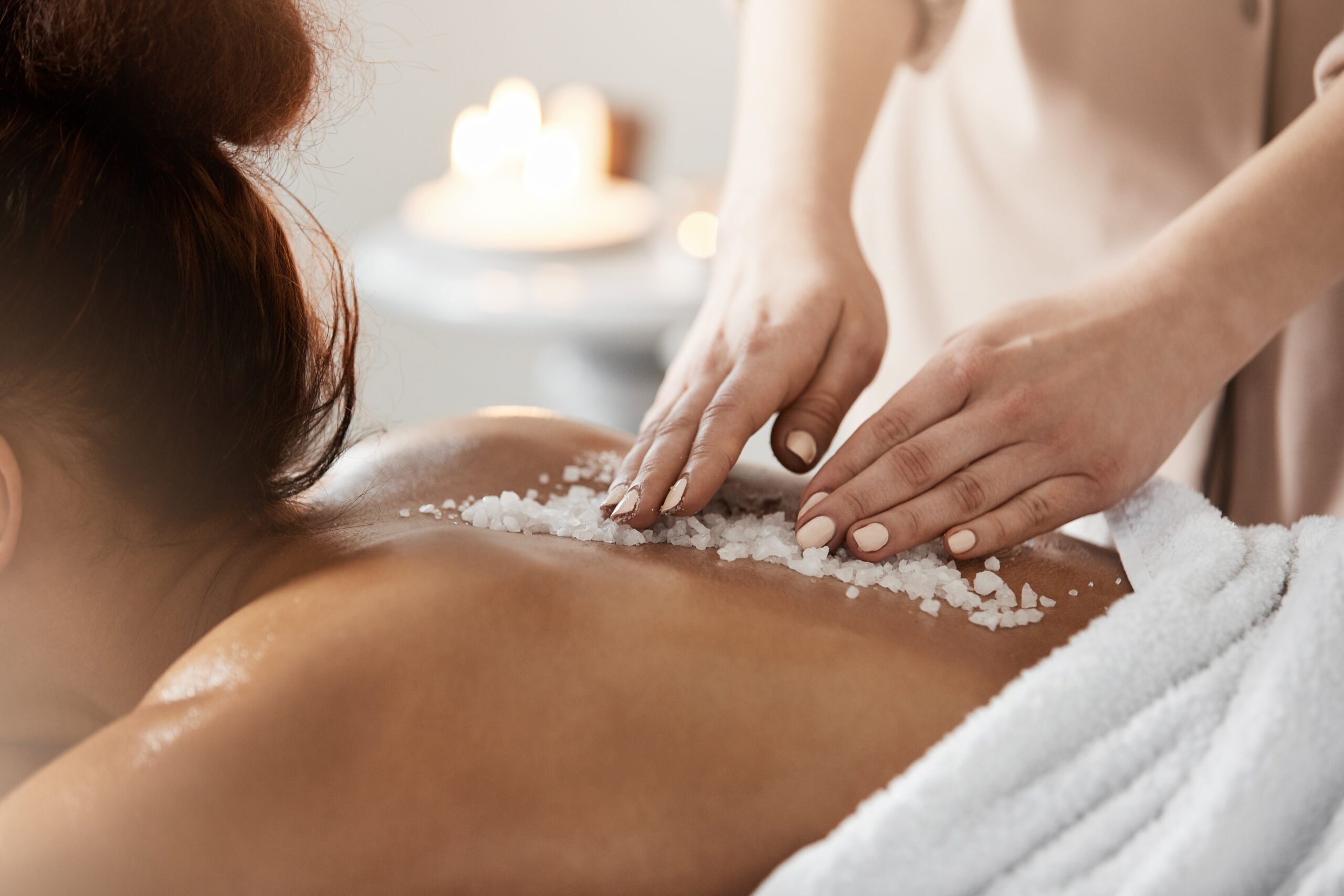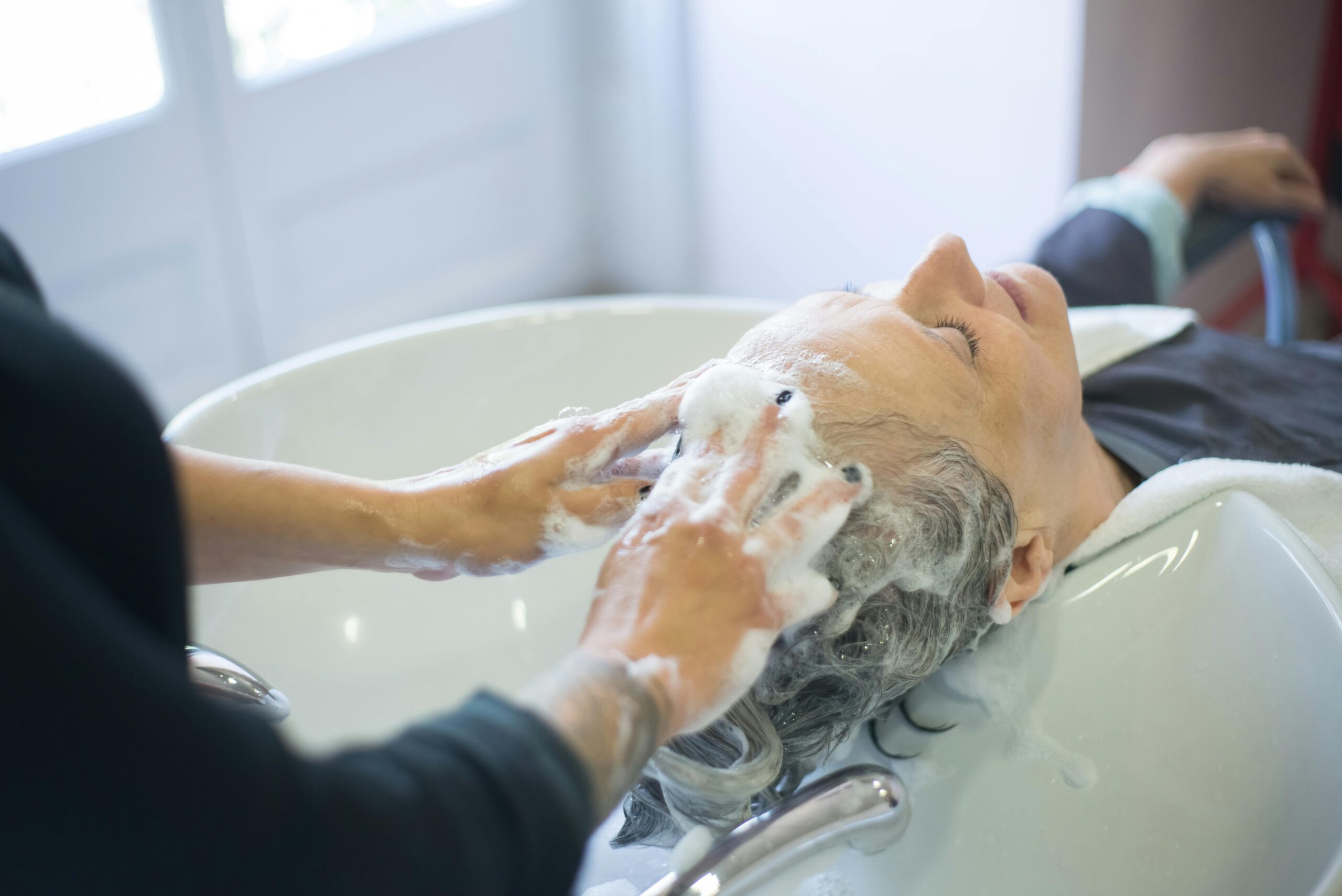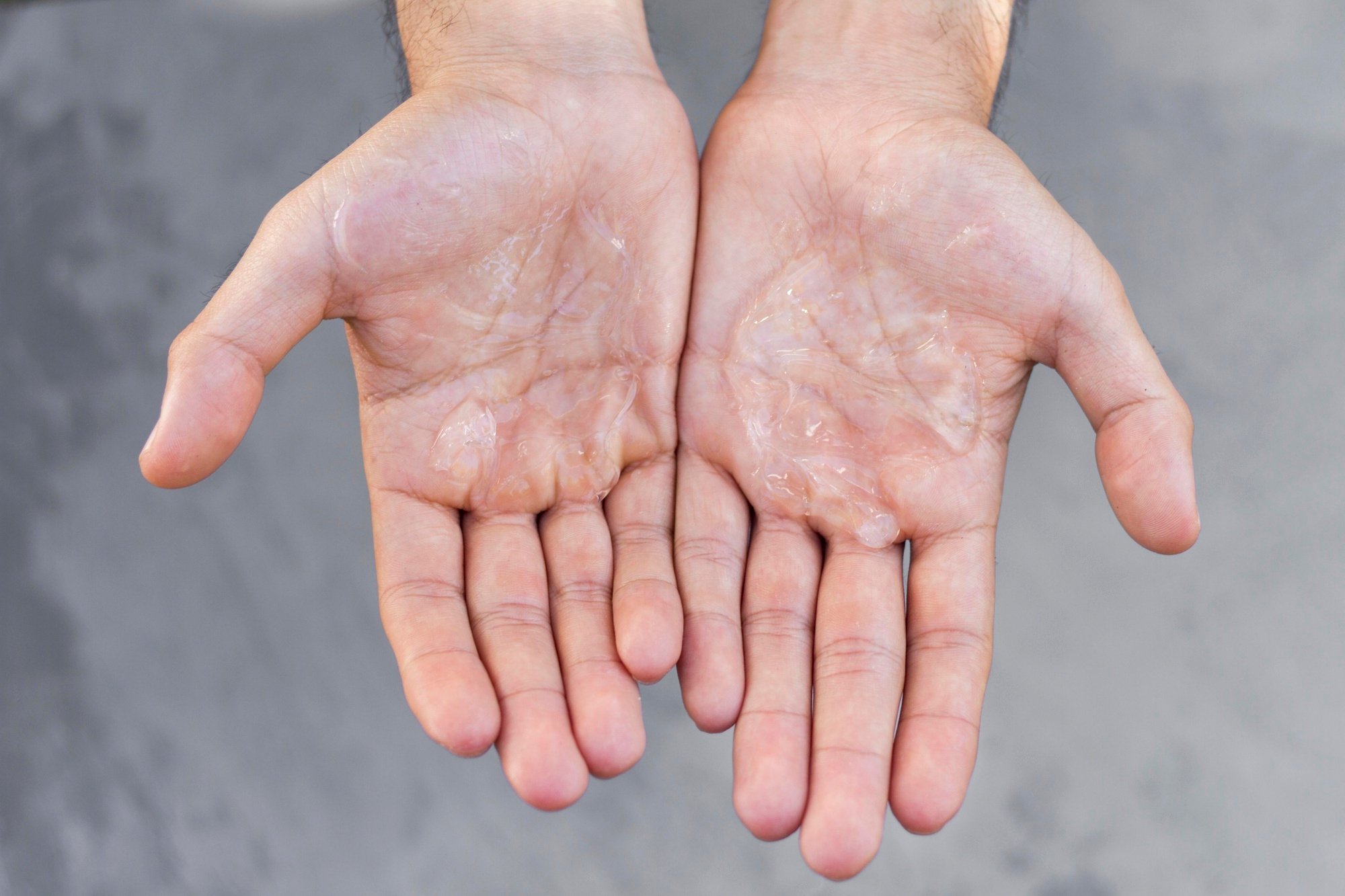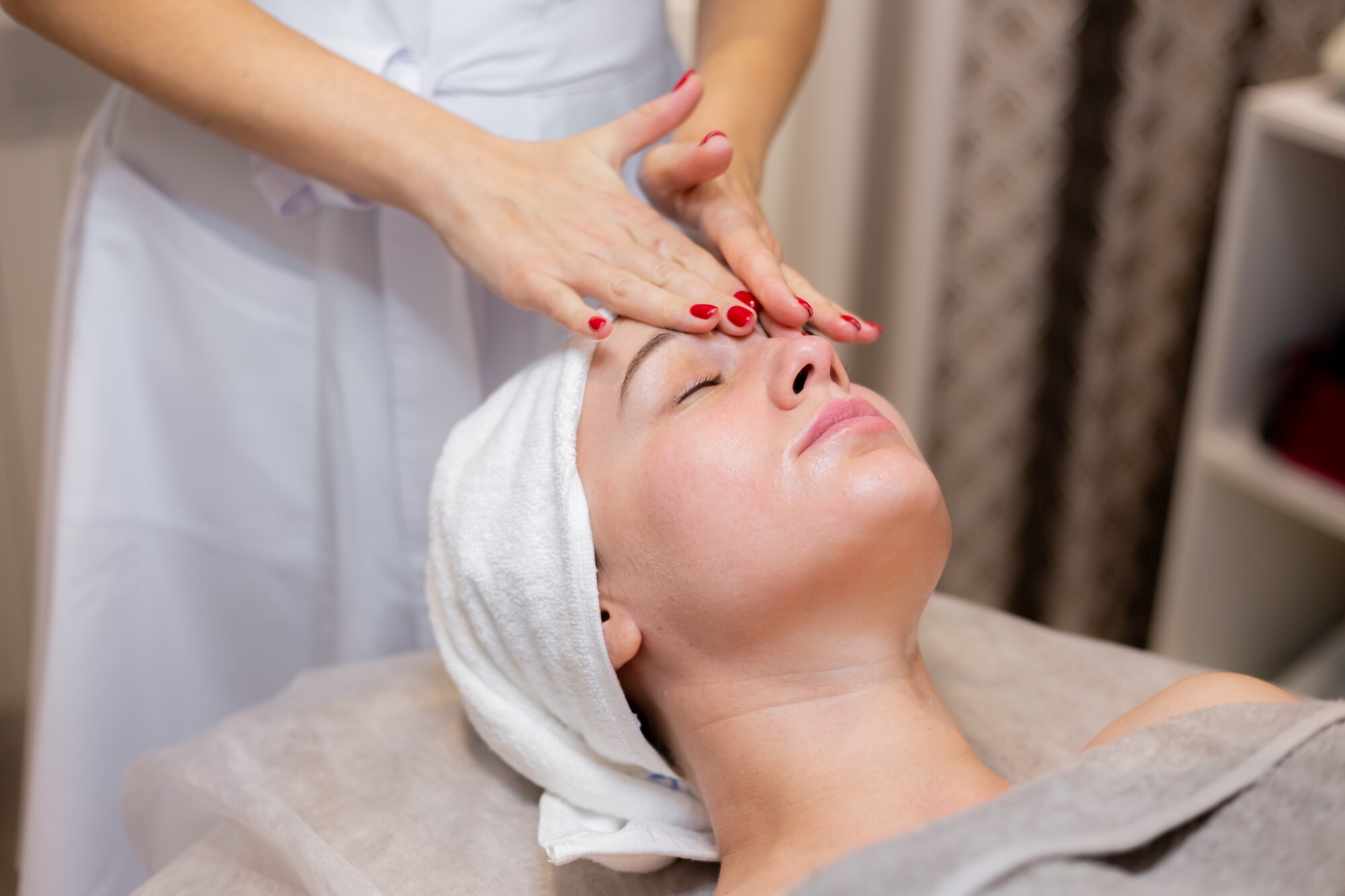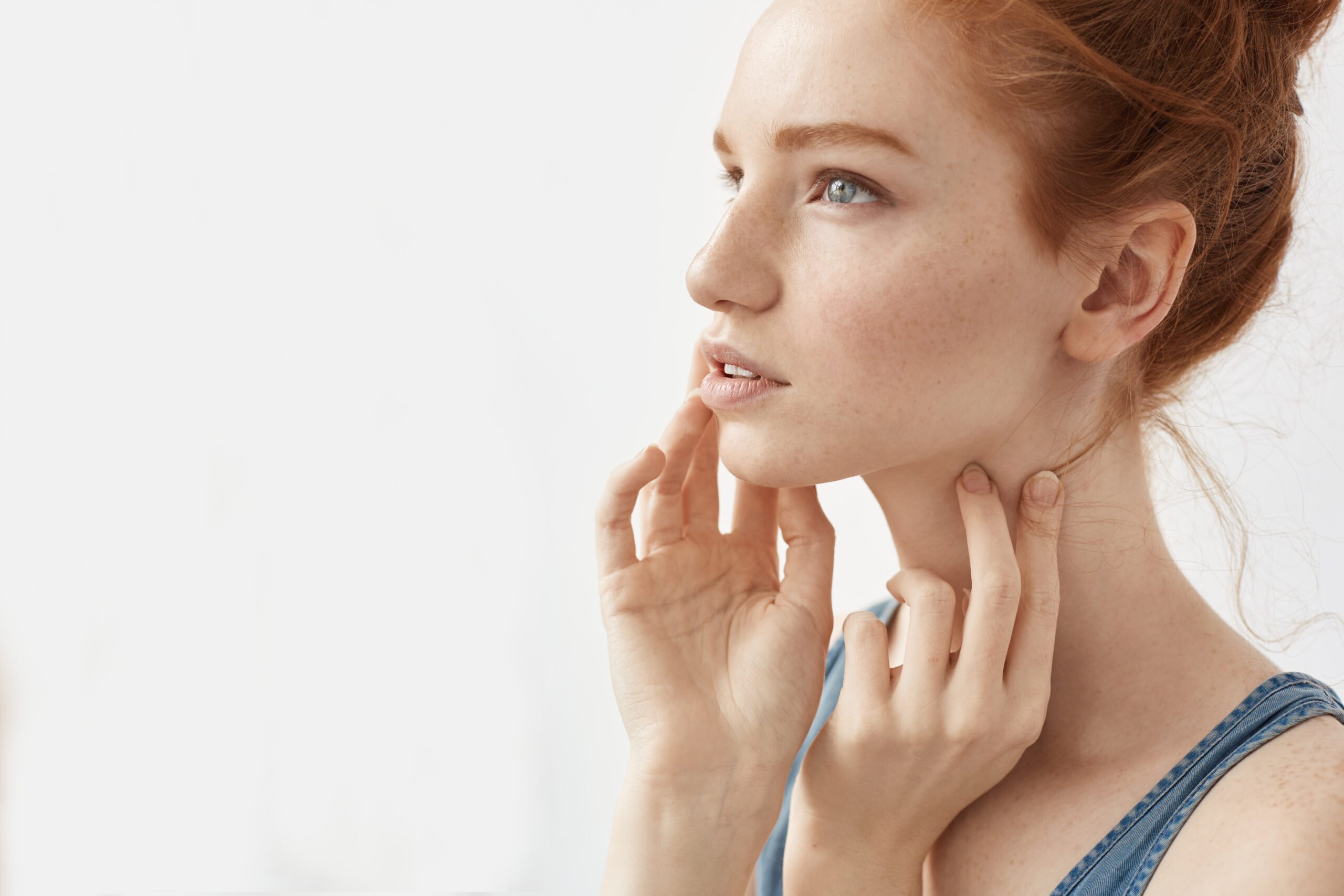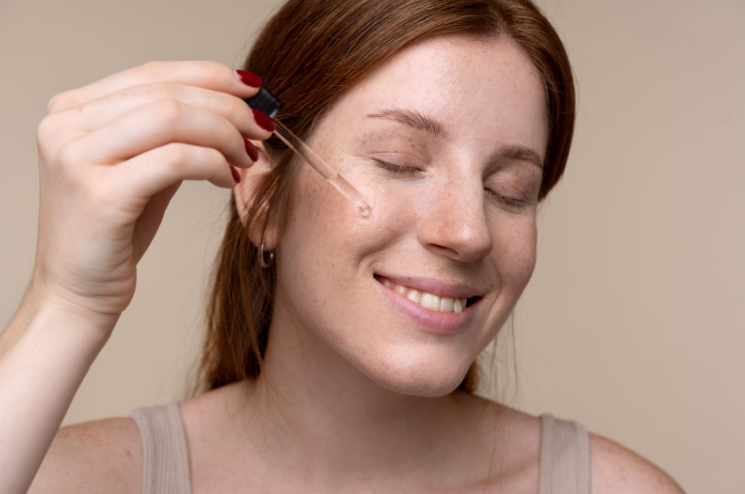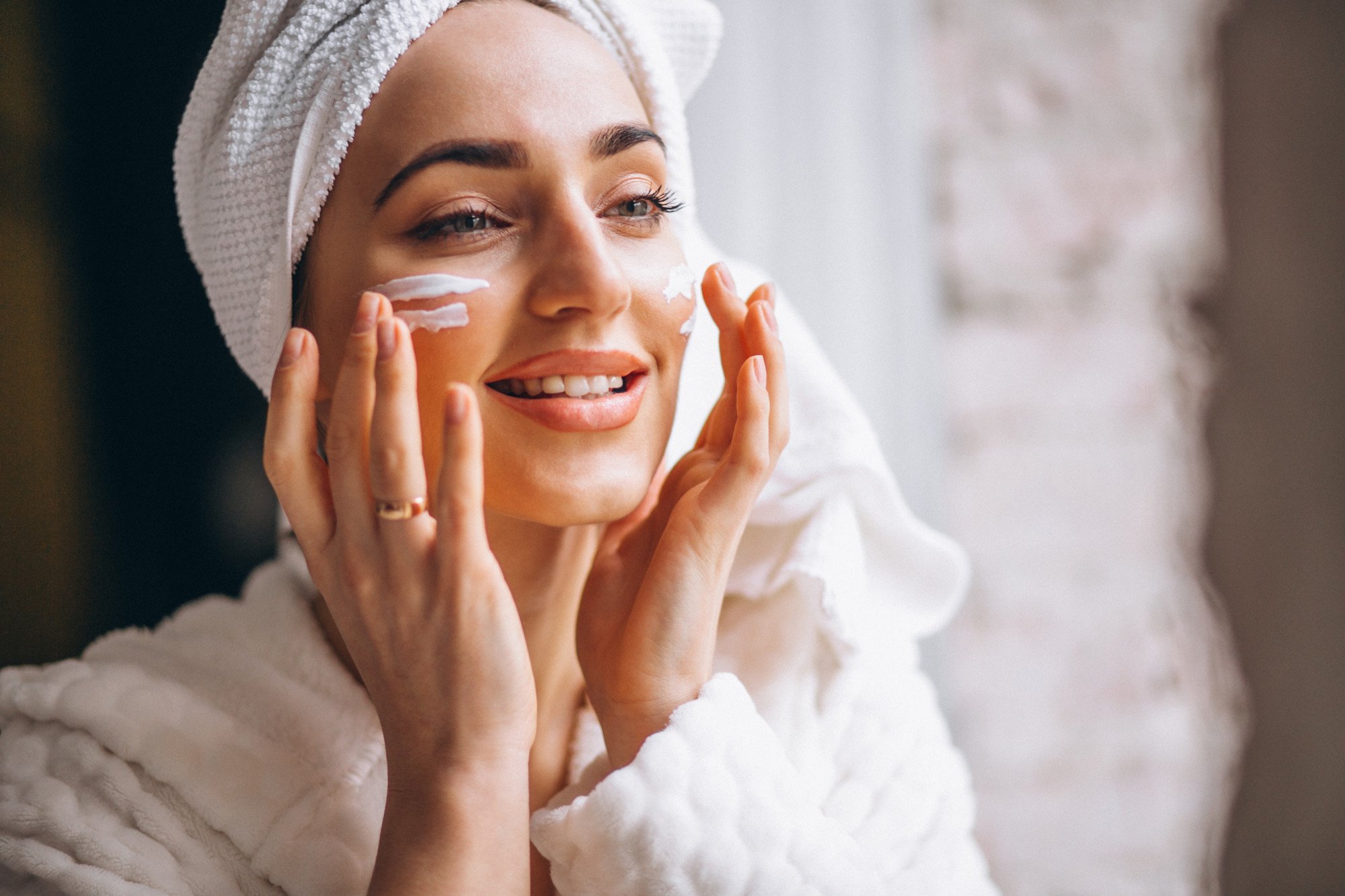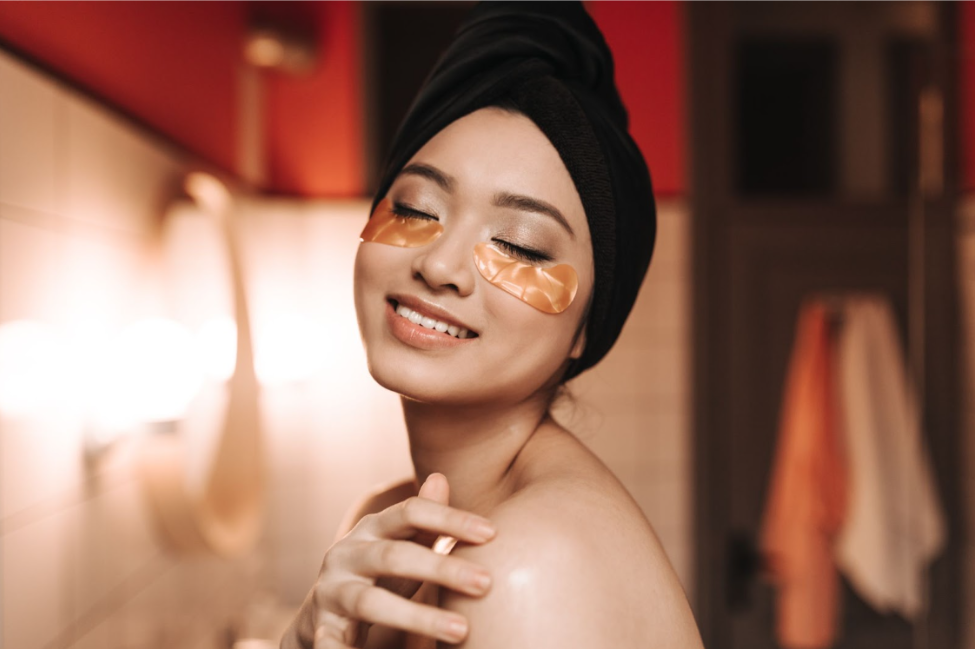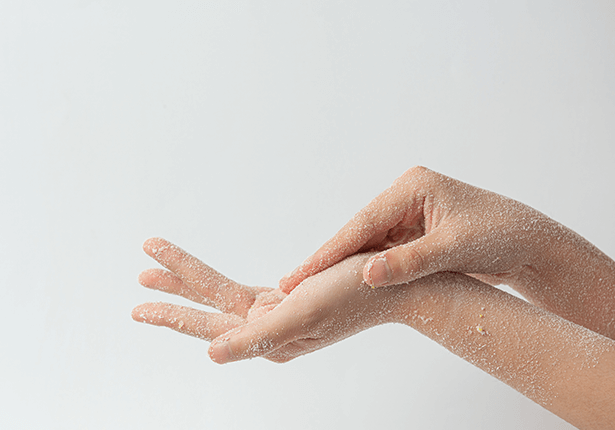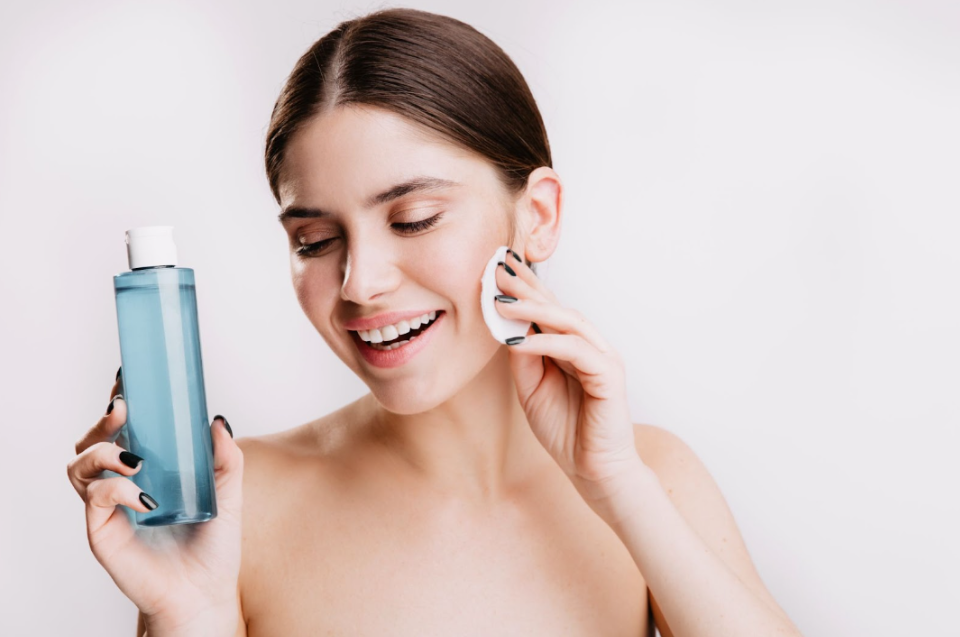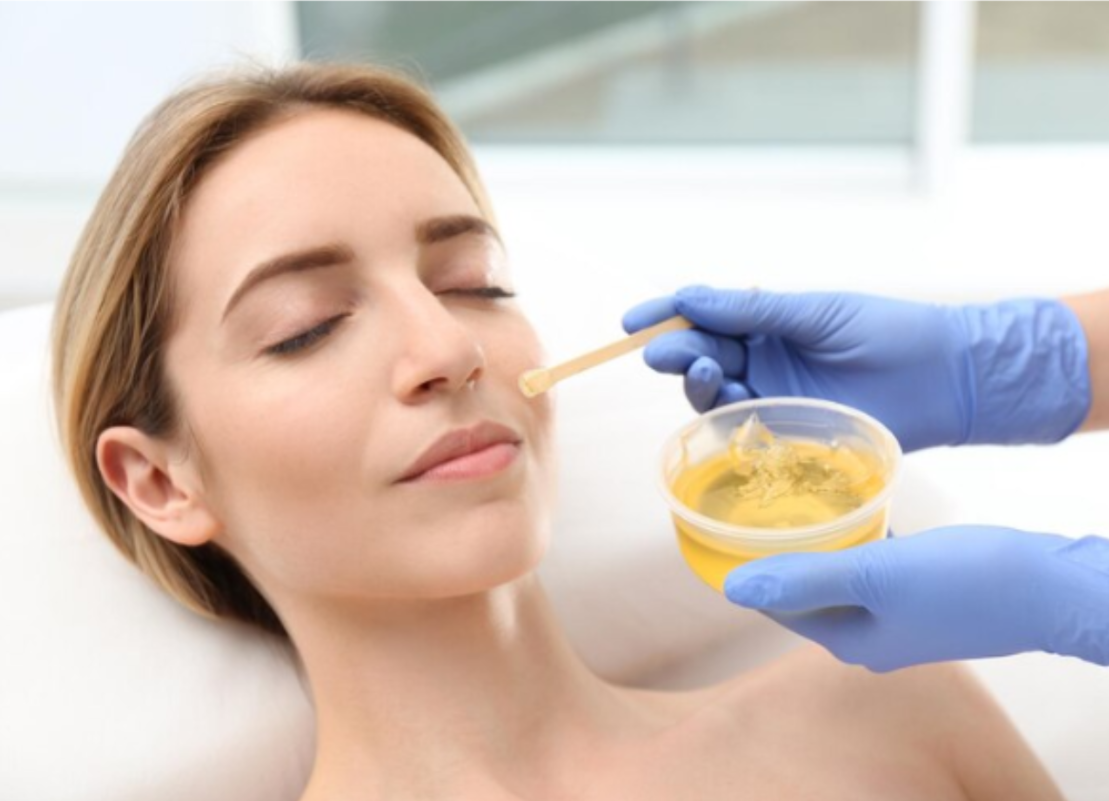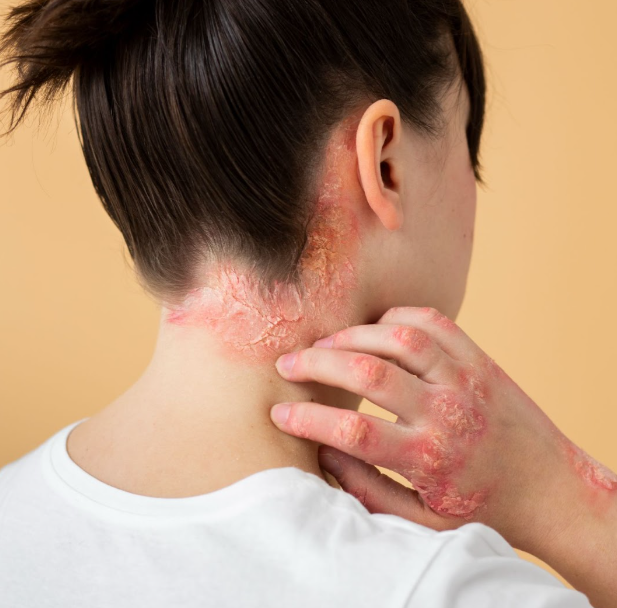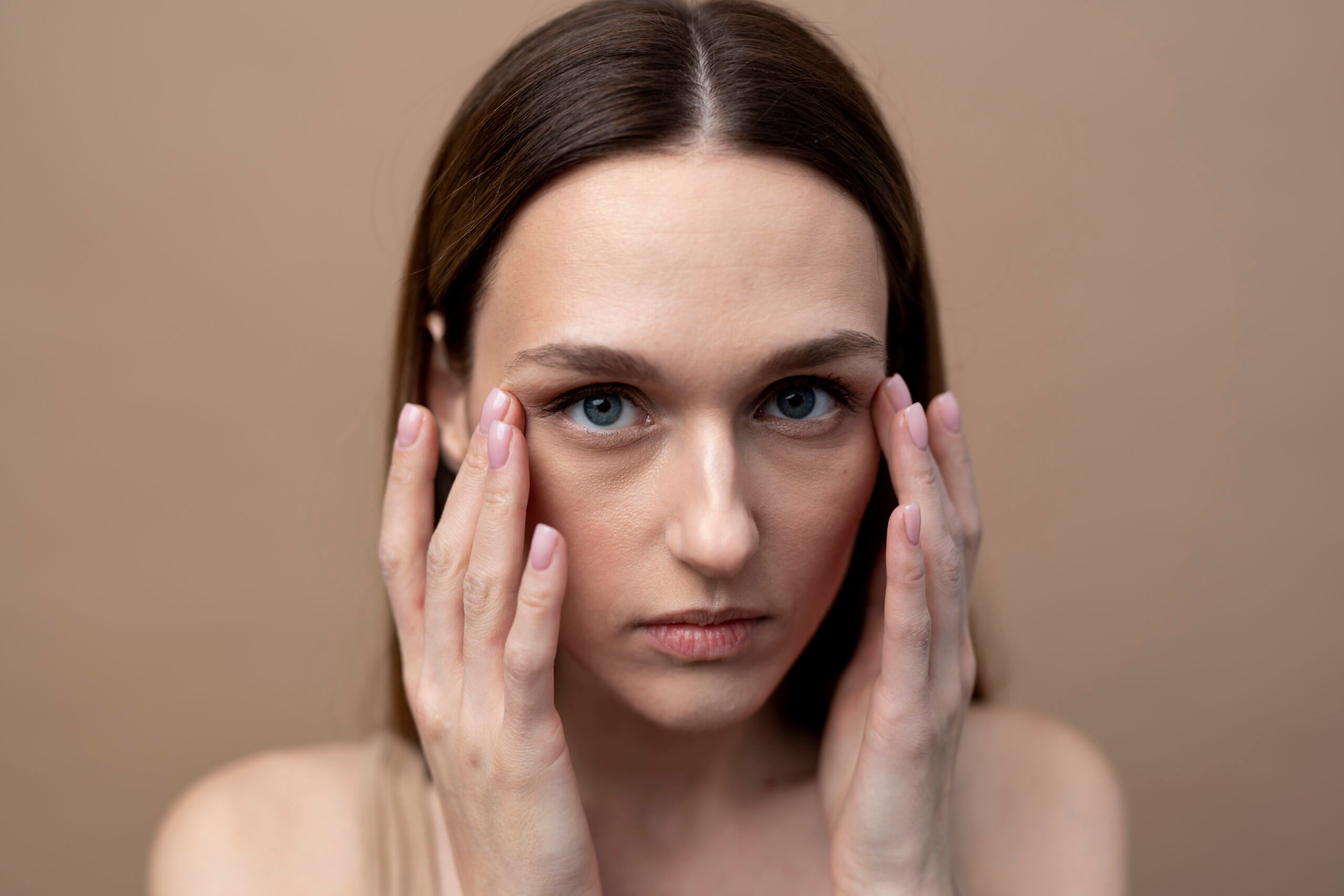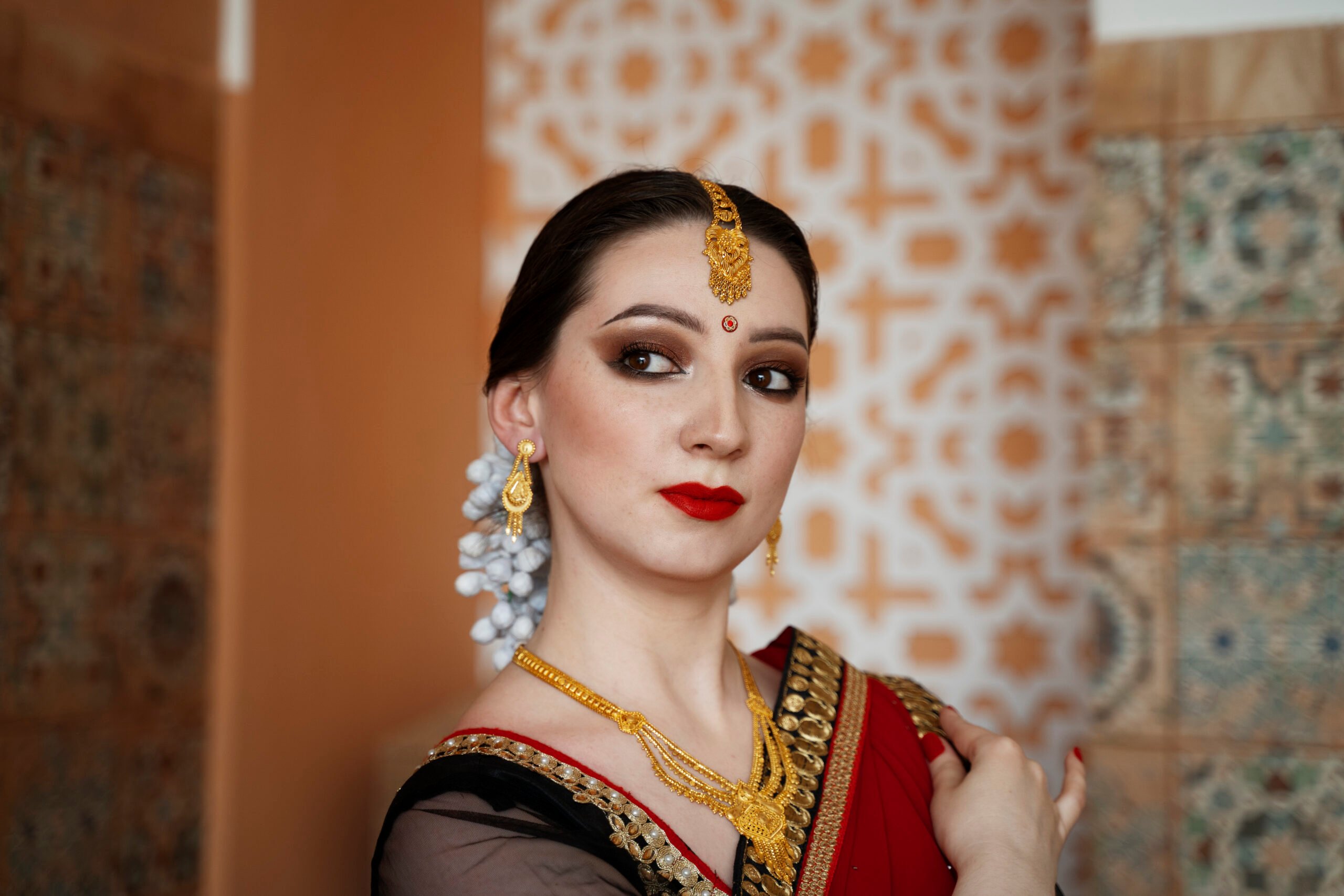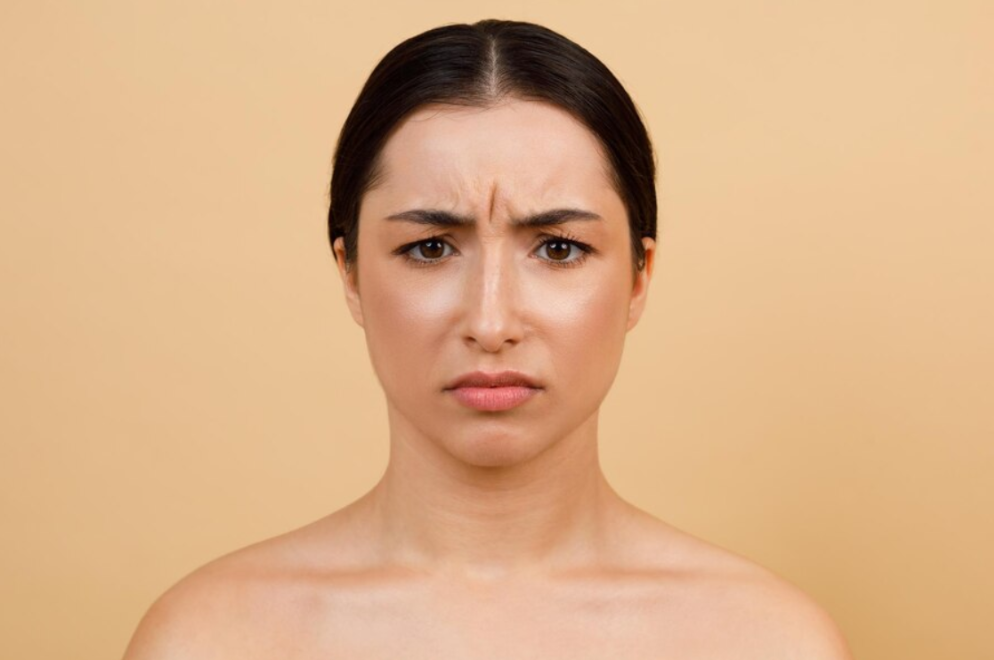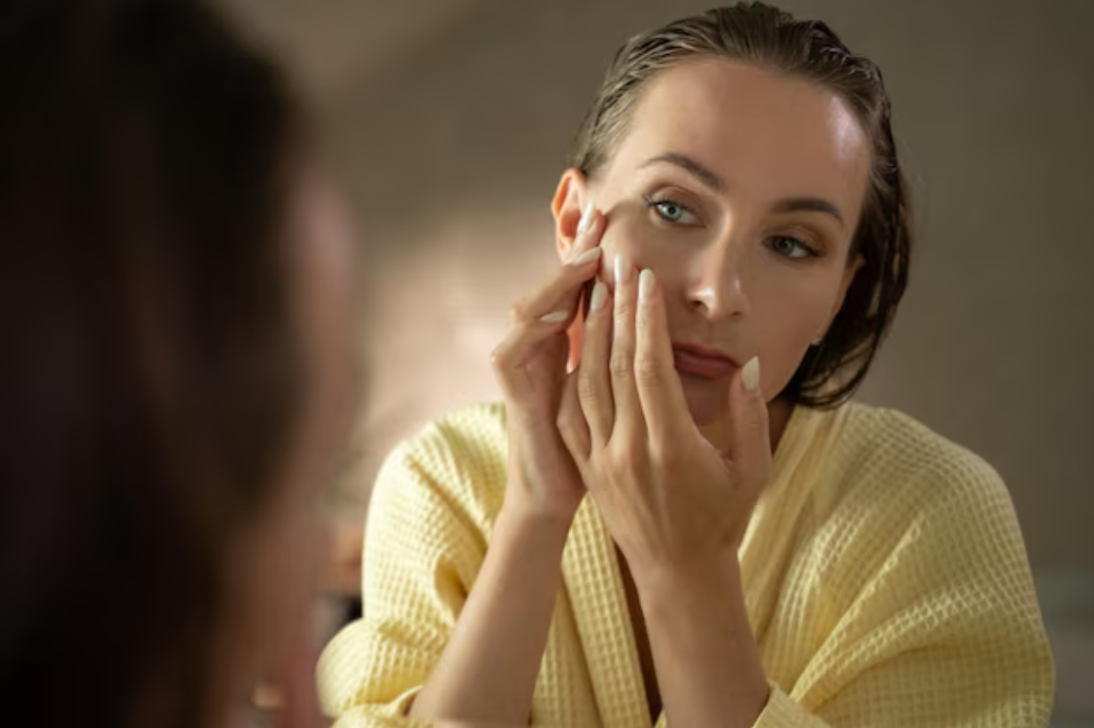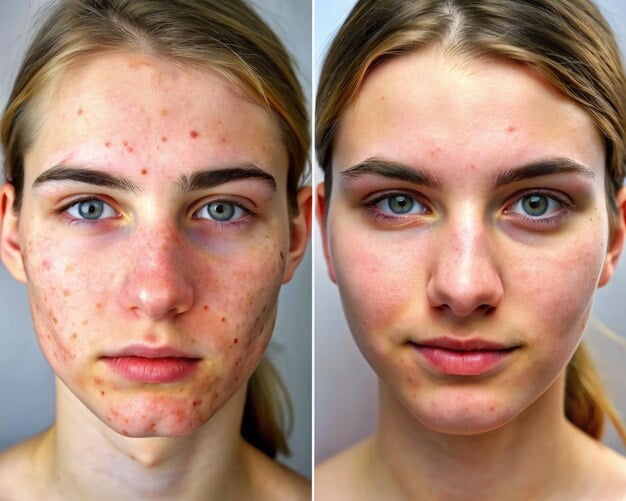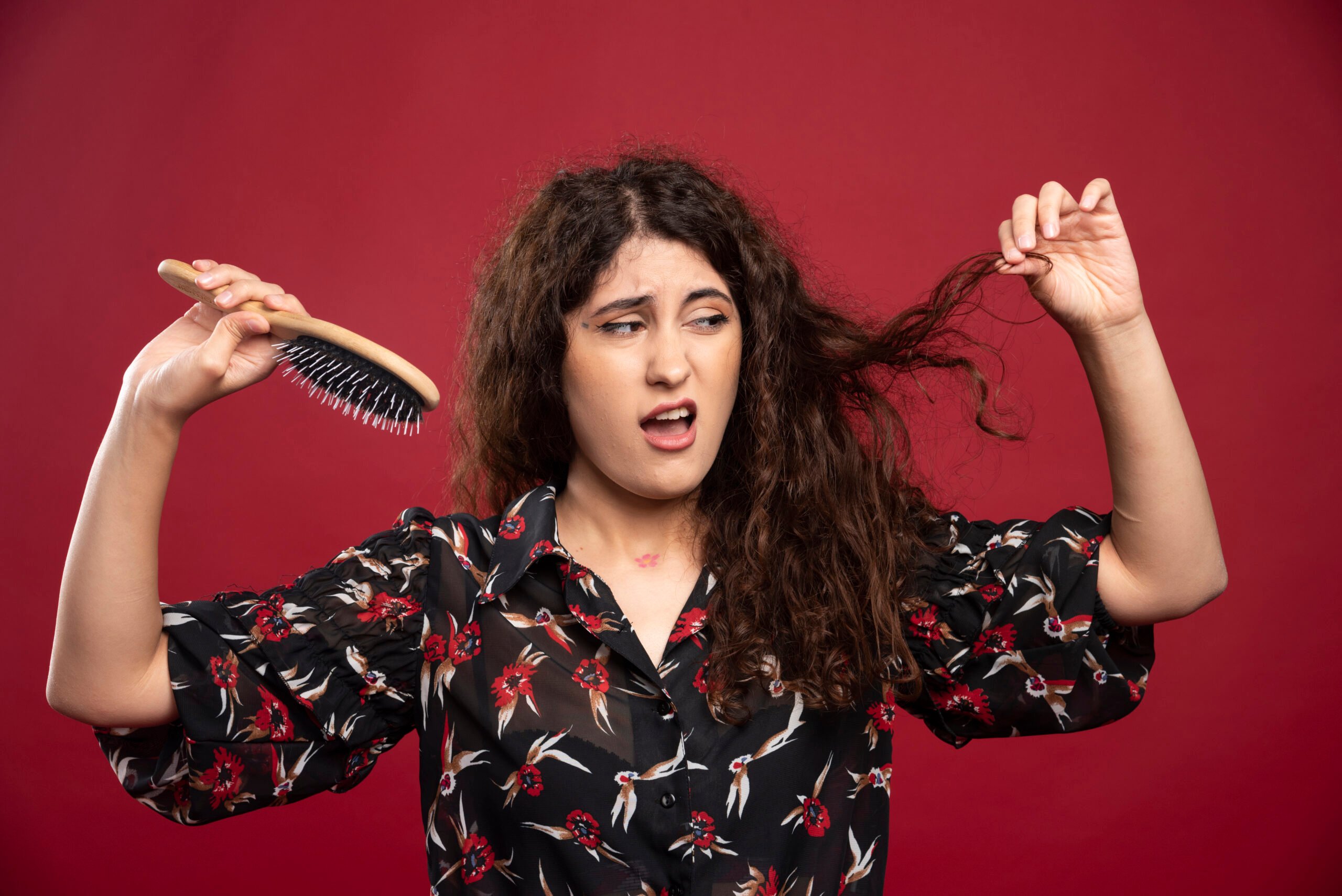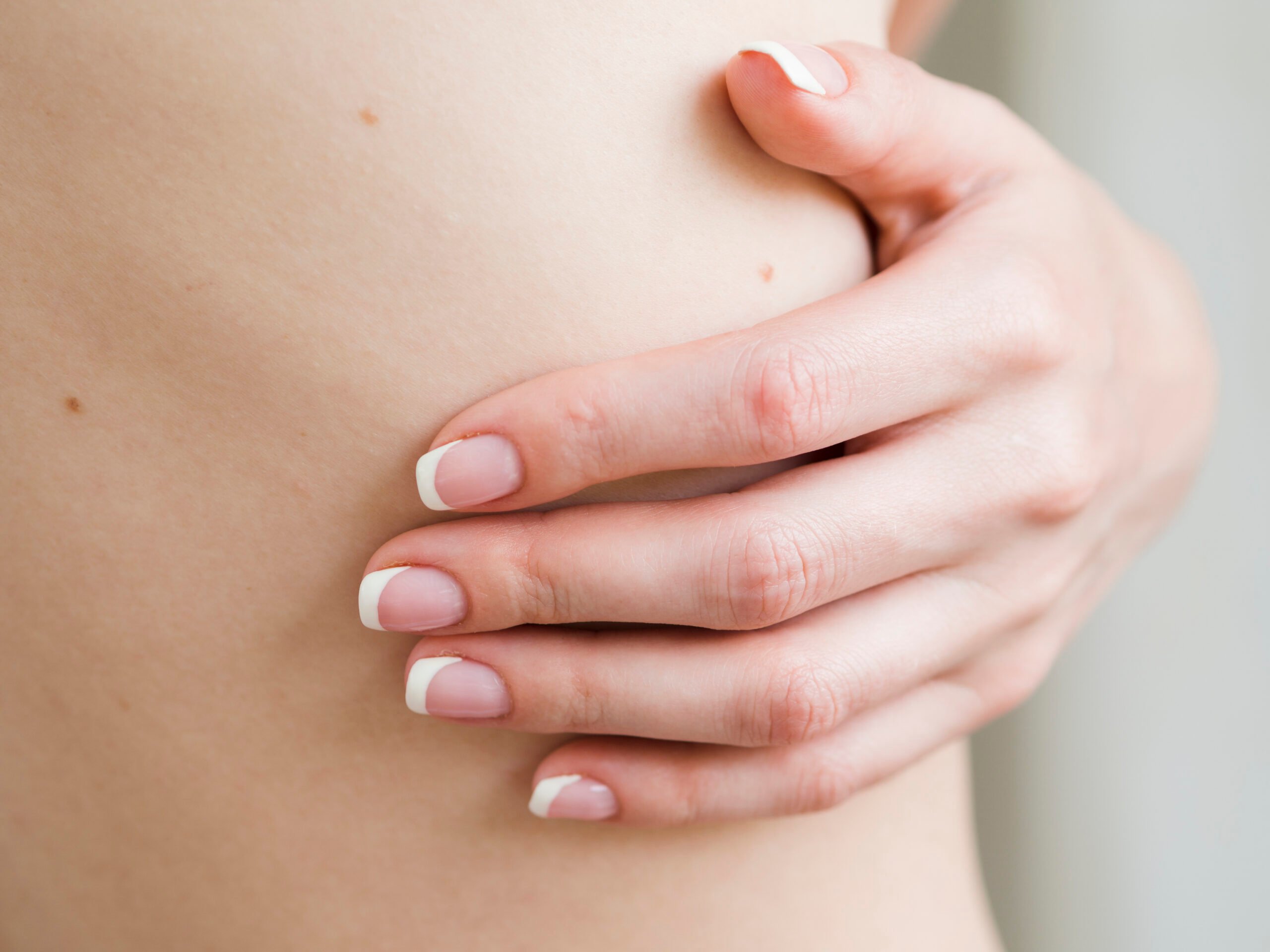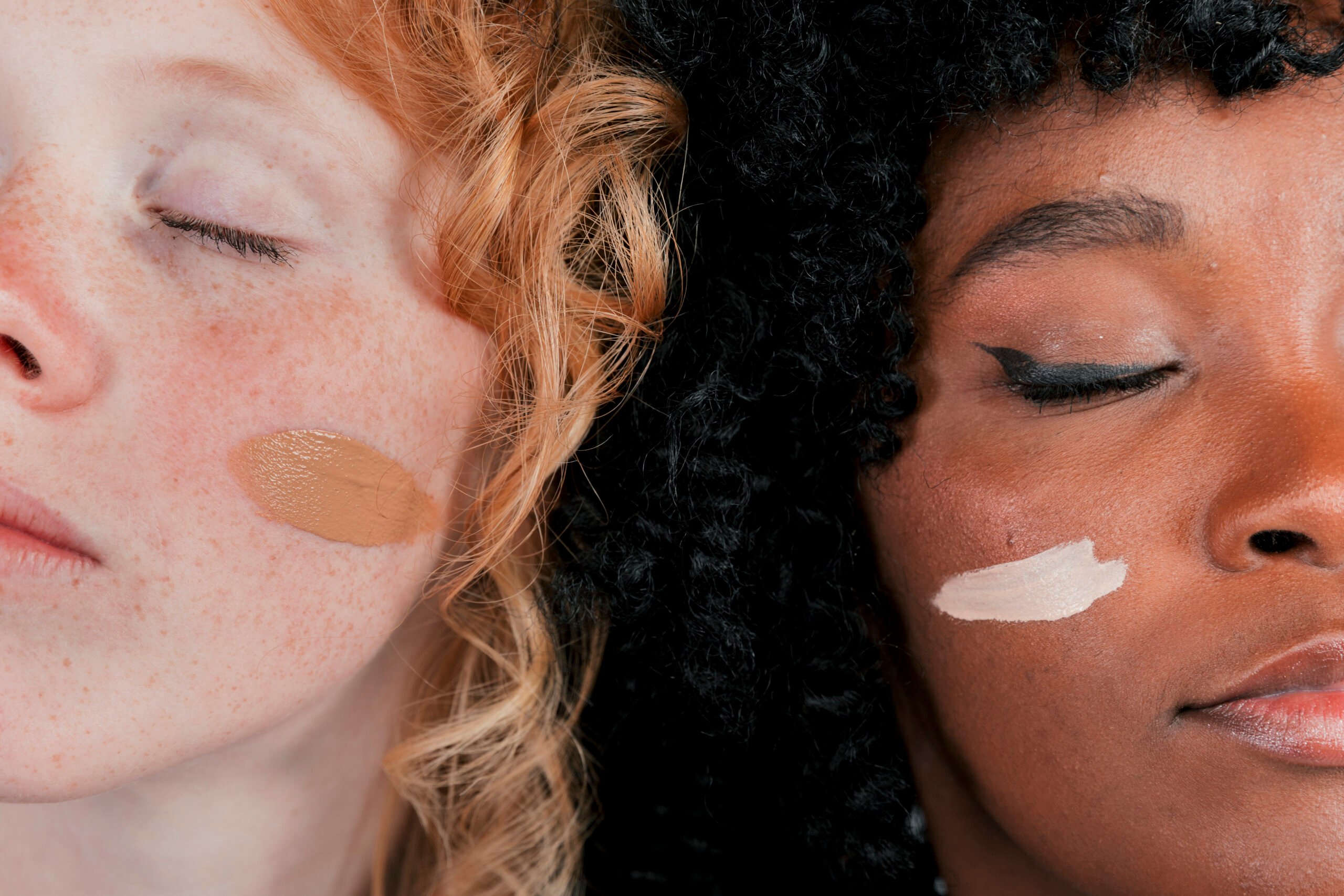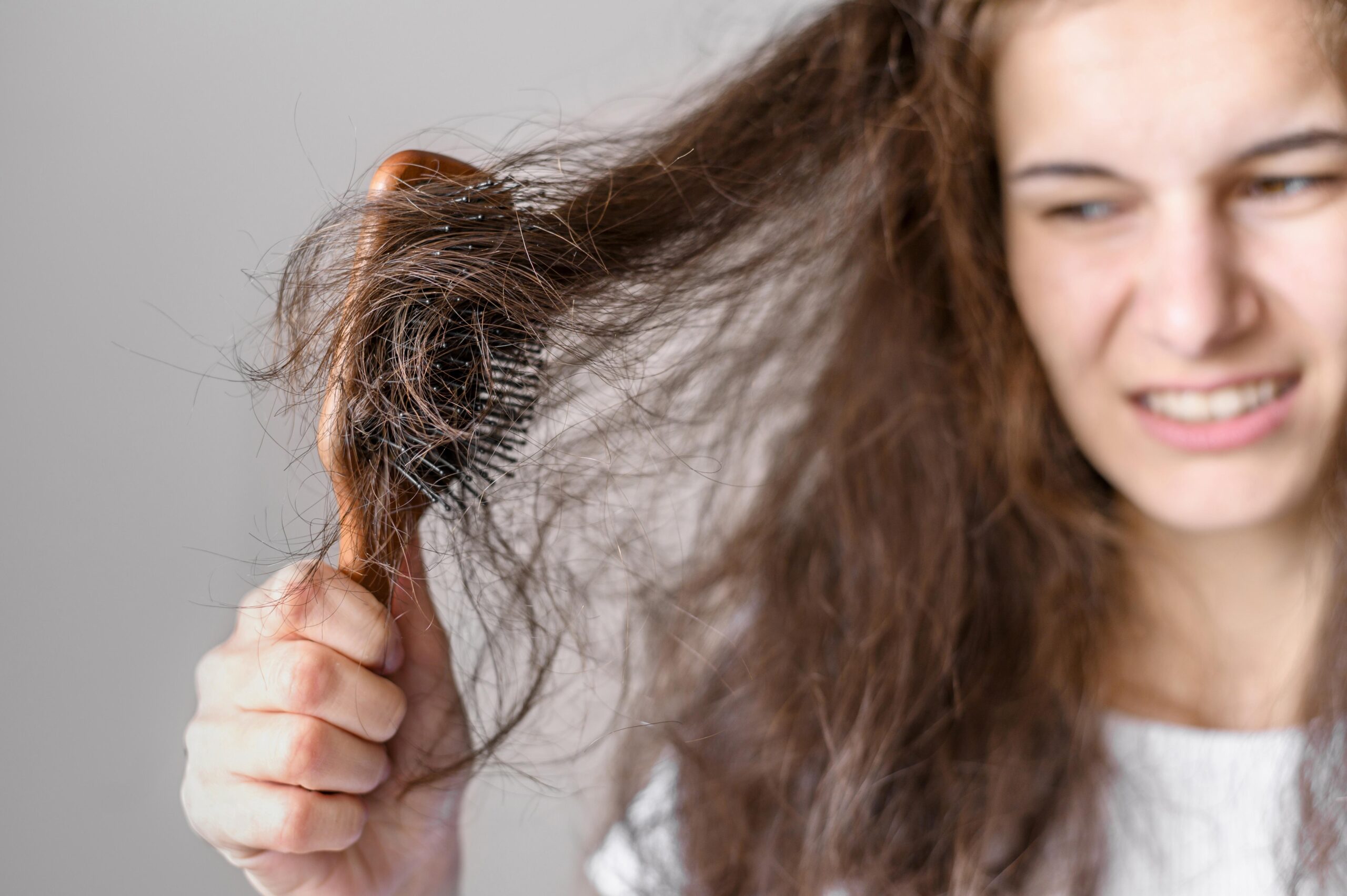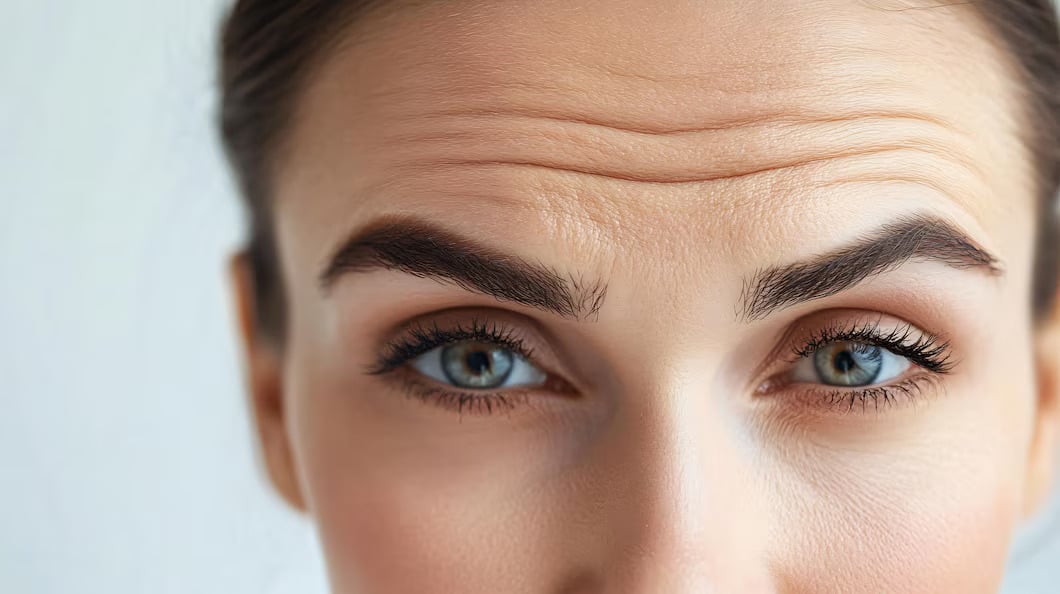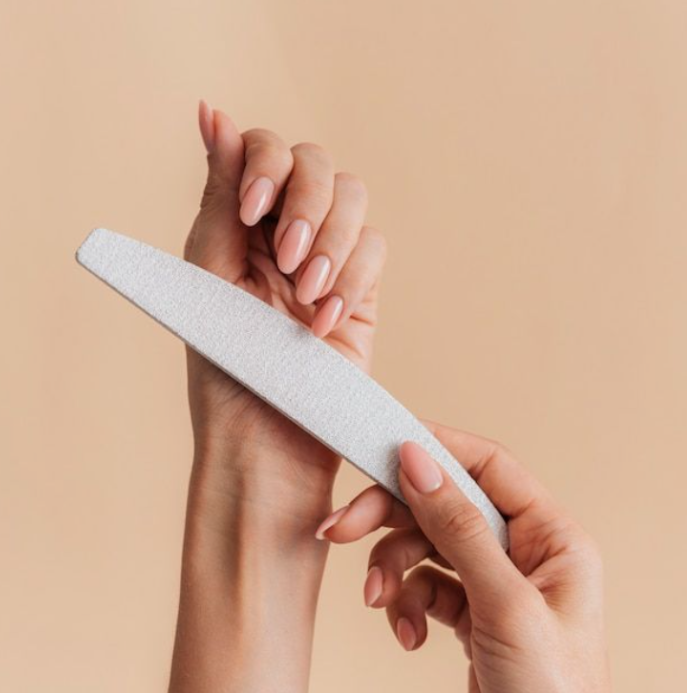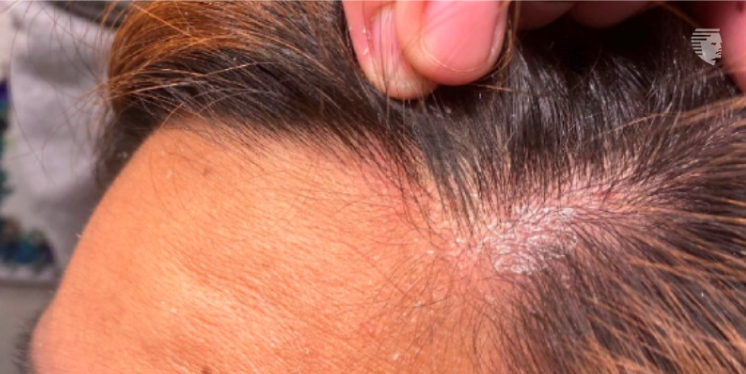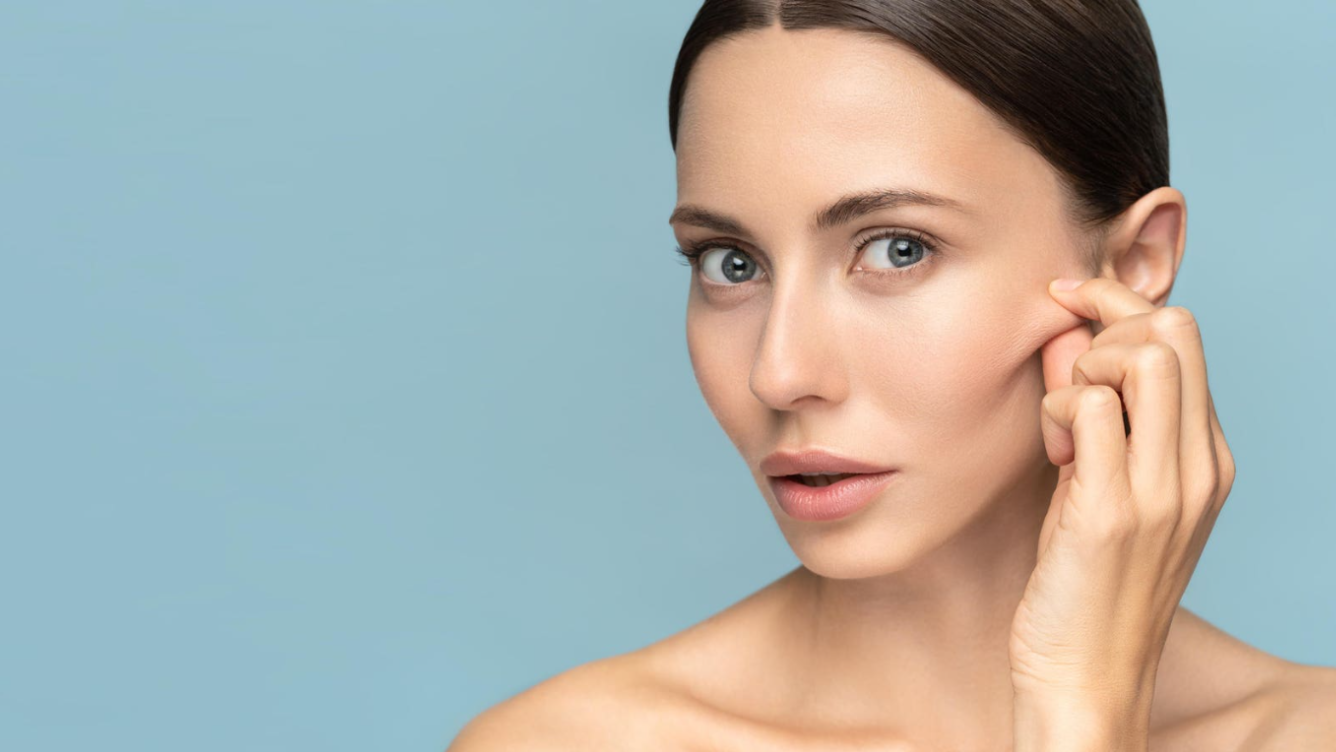Hair
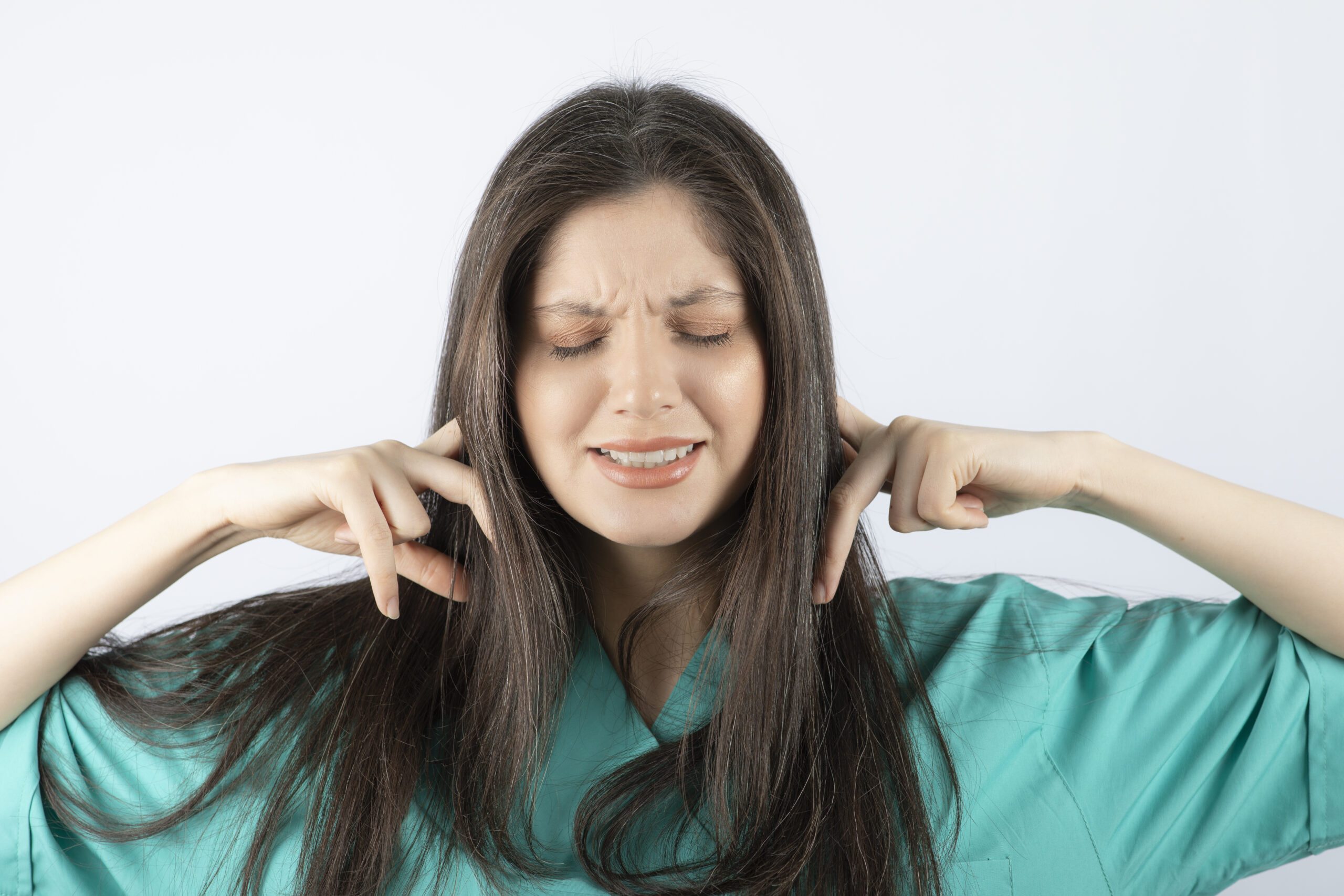
Hair
Premature Greying of Hair: Causes, Prevention, and Remedies
7 minutes read | 14 Mar 24
 Are you noticing a silver strand or two shimmering amidst your locks, even before the milestone ages of 25 or 30? Welcome to the increasingly common world of premature grey hair, a phenomenon that's no longer reserved for the later chapters of life.
Are you noticing a silver strand or two shimmering amidst your locks, even before the milestone ages of 25 or 30? Welcome to the increasingly common world of premature grey hair, a phenomenon that's no longer reserved for the later chapters of life.
It's a reality for many, leaving us puzzled and often concerned about the early signs of grey hair at a young age. But what exactly triggers our hair to lose pigment and prematurely turn from its natural colour to shades of grey or white?
Whether you're in your twenties, approaching 30, or beyond, unravelling the cause of premature grey hair and exploring effective premature grey hair treatment options can empower you to take control. Let’s dive into why hair turns grey prematurely, how to stop premature greying of hair, and how the proper care and treatments can restore hair colour and boost the health of those crucial melanin-producing cells.[/caption]
Causes of Premature Grey Hair
While grey hair is a natural part of ageing, witnessing it at a young age, be it at 25 or around 30, can be surprising and disconcerting. Let's explore the critical causes of premature grey hair and understand how our hair loses its pigment sooner than expected.
Genetic Predisposition

Often, the primary cause of premature grey hair lies within our genetic makeup. If your family history includes members who experienced greying at a young age, chances are, you might, too. These genetic factors control the vitality of the melanin-producing cells in our hair follicles, dictating when they begin to slow down or stop the production of hair pigment.[/caption]
Vitamin B-12 Deficiency
A crucial nutrient for maintaining hair colour and overall health is Vitamin B-12. It plays a crucial role in maintaining the well-being of hair roots and their capability to generate pigment. A deficiency in Vitamin B-12 can lead to reduced melanin production, causing hair to lose pigment and turn grey or white prematurely.
Oxidative Stress
Our bodies are constantly battling against oxidative stress caused by free radicals. These reactive molecules have the potential to harm the pigment-producing cells within our hair roots. Environmental factors such as pollution, UV exposure, and certain lifestyle choices (like smoking) can exacerbate oxidative stress, accelerating the greying process.
Hormonal Changes
Hormonal imbalances or changes can also influence hair pigmentation. Thyroid disorders, for example, are known to cause premature greying, among other symptoms. The intricate balance of hormones in our body plays a crucial role in the health and colour of our hair.
Nutritional Shortcomings
Apart from Vitamin B-12, other nutrients are essential for maintaining a vibrant hair colour. A diet lacking in proteins, iron, zinc, and copper can impact the ability of hair roots to generate pigments, leading to premature greying. Ensuring a balanced diet is key to preventing early loss of hair pigment.
Stress

Stress is often cited as a contributor to premature greying, although direct scientific evidence linking the two is still under research. However, stress can lead to various health issues that indirectly affect hair health and pigmentation.
Effective Treatments to Stop Premature Greying of Hair
Addressing the challenge of premature grey hair requires a multifaceted approach, focusing on cosmetic solutions and addressing the underlying causes. With the right premature grey hair treatment strategies, slowing down or reversing the greying process is possible. Here, we explore practical ways to combat premature greying, ensuring your locks retain their colour and vitality longer.
1. Nutritional Support

A well-balanced diet is pivotal in preventing and treating premature greying. Incorporating foods rich in Vitamin B-12, iron, zinc, copper, and proteins can enhance melanin production, the pigment responsible for hair colour. Leafy greens, nuts, eggs, dairy products, and lean meats are excellent sources of these nutrients, helping to replenish hair follicles and encourage pigment production.[/caption]
2. Stress Management
While the direct link between stress and premature greying is still under study, managing stress levels can positively impact overall hair health. Practices such as yoga, meditation, and regular exercise can reduce stress, potentially slowing the greying process.
3. Quit Smoking
Smoking exacerbates oxidative stress, which can accelerate the loss of hair pigment. Quitting smoking benefits your hair, improves your overall health, and reduces the risk of premature greying.
4. Proper Hair Care

Intensive hair treatments and regular use of heat styling tools can harm the structure of hair roots, contributing to premature greying. Opt for gentle hair care products, minimise heat exposure, and protect your hair from UV radiation to maintain hair pigmentation.
5. Supplement Wisely
If dietary adjustments are insufficient to address nutrient deficiencies, supplements may be necessary. Vitamin B-12, antioxidants, and mineral supplements can support hair health. However, consulting with a healthcare professional before starting any supplement regimen is essential.
6. Medical Treatments
For some, topical applications or medications prescribed by dermatologists can help reduce premature greying. These treatments frequently focus on promoting the well-being of hair follicles, amplifying their capacity for pigment production.
Prevention: How to Stop Premature Grey Hair
Science and self-care converge in the quest to preserve our hair's youthful colour, offering fascinating insights into how we can prevent premature greying. Let's explore scientifically backed yet approachable strategies to keep those premature greys at bay.
1. Antioxidant Armour
Our body battles against oxidative stress daily, a silent thief of hair colour. This stress, caused by free radicals, damages melanocytes - the cells responsible for hair's pigment. Bolster your body's defences with a diet rich in antioxidants. Foods like blueberries, spinach, nuts, and green tea are your hair's best friends, offering protection and promoting longevity in hair colour.
2. Vitamin B-12 and Beyond
The link between Vitamin B-12 deficiency and premature greying is well-documented. This vitamin is vital for healthy hair growth and pigmentation. It's often found in animal products, so vegetarians and vegans might consider supplementation after consulting with a healthcare provider. Vitamins like B6 and Biotin also contribute to strong, pigment-rich hair.
3. Hydration and Hair Health
Just as a plant wilts without water, hair can lose vitality and colour without adequate hydration. Drinking sufficient water ensures that nutrients are efficiently transported to the roots of the hair, promoting their health and facilitating the production of melanin.
4. Protect Against External Aggressors
Environmental pollutants and UV radiation can accelerate the depletion of melanin in hair follicles. Wearing a hat or using hair products with UV protection can shield your hair from these external factors. Likewise, reducing the reliance on harsh chemicals and heat styling tools helps maintain the health of hair strands and their pigment-producing ability.
5. Embrace Clinical Treatments
While adopting a healthy lifestyle and proper hair care practices form the foundation of preventing premature grey hair, certain situations call for professional intervention. Treating premature grey hair before the situation worsens is the goal, as prevention is often considered the best cure. Take a look at Bodycraft Clinic, which offers state-of-the-art clinical treatments designed to rejuvenate hair health, stimulate growth, and potentially impact the greying process. Treatments like Hair Botox, PRP Hair Treatment, GFC Hair Loss Treatment, and QR678® Hair Growth Treatment are vetted by dermatologists and have shown results.
The Takeaway
In conclusion, tackling premature grey hair requires a holistic approach, combining a nutritious diet, stress management, and protective hair care with advanced treatments like those offered at Bodycraft Clinic. Whether you're facing early signs of grey hair, seeking effective premature grey hair treatment, or aiming to rejuvenate your hair's natural vibrancy, embracing these interventions can lead to optimal hair health. Remember, the key to preventing and managing premature greying lies in understanding the cause of premature grey hair and taking proactive steps to maintain your hair's melanin production and overall vitality. If you're ready to take the next step towards healthier hair, book an appointment with us to explore personalised solutions.
FAQs Around How to Stop Premature Grey Hair
1. What is the normal age to get grey hair?
The average age to start seeing grey hair is typically in the late 30s to early 40s. However, signs of grey hair at a young age, especially in your 20s or early 30s, can be considered premature greying and may warrant a closer look at your health and lifestyle habits.
2. Can premature grey hair be reversed?
While reversing premature grey hair depends on its cause, certain cases linked to nutritional deficiencies or stress may see improvement with lifestyle changes and treatments. However, genetic causes of premature greying are usually irreversible.
3. Can iron or vitamin deficiency cause premature grey hair?
Yes, deficiencies in iron, Vitamin B-12, and other vital nutrients can lead to premature greying. These nutrients are vital for sustaining the proper production of pigments in hair, and their deficiency can disrupt this process, resulting in the fading of hair colour.
Related categories
Get a complimentary consultation today. Book now
























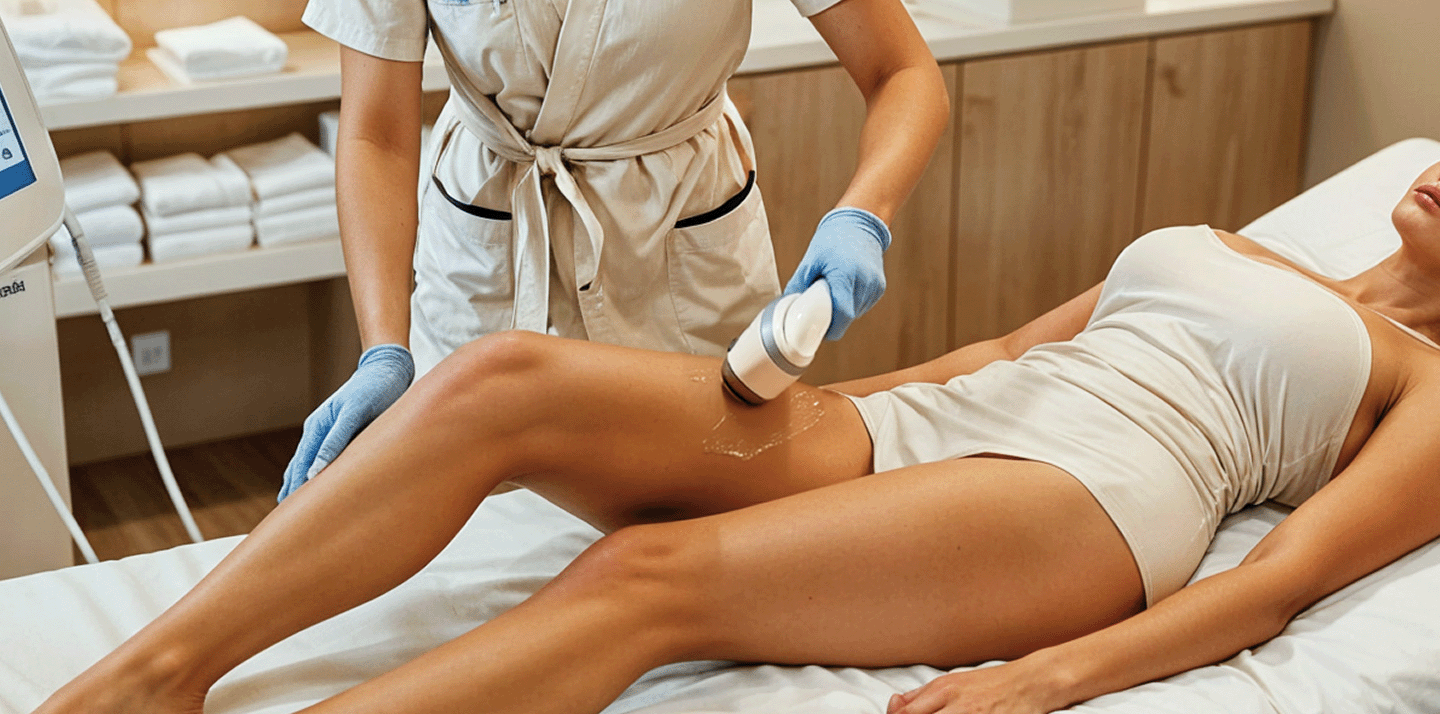














.png)

























-1.png)

